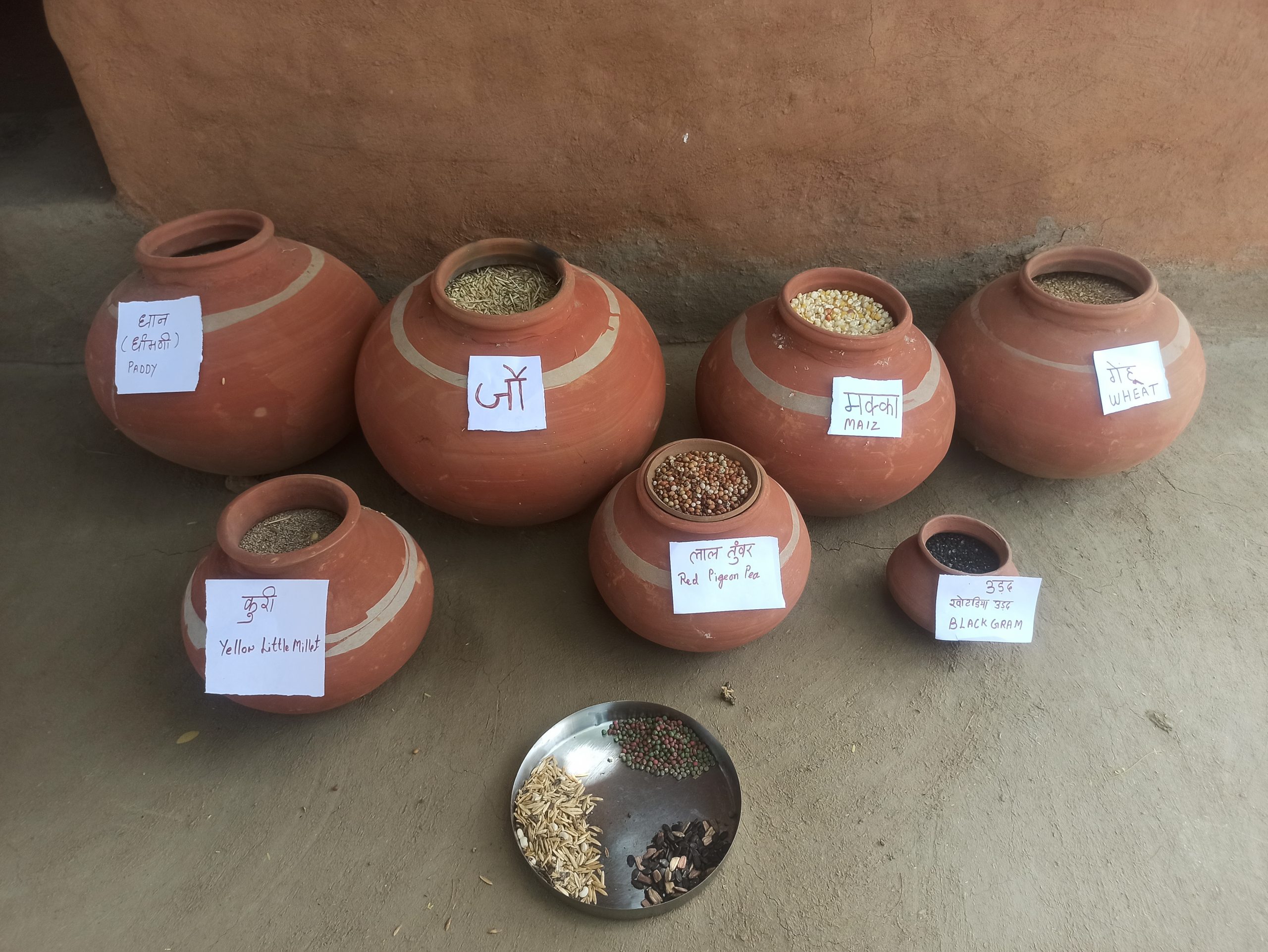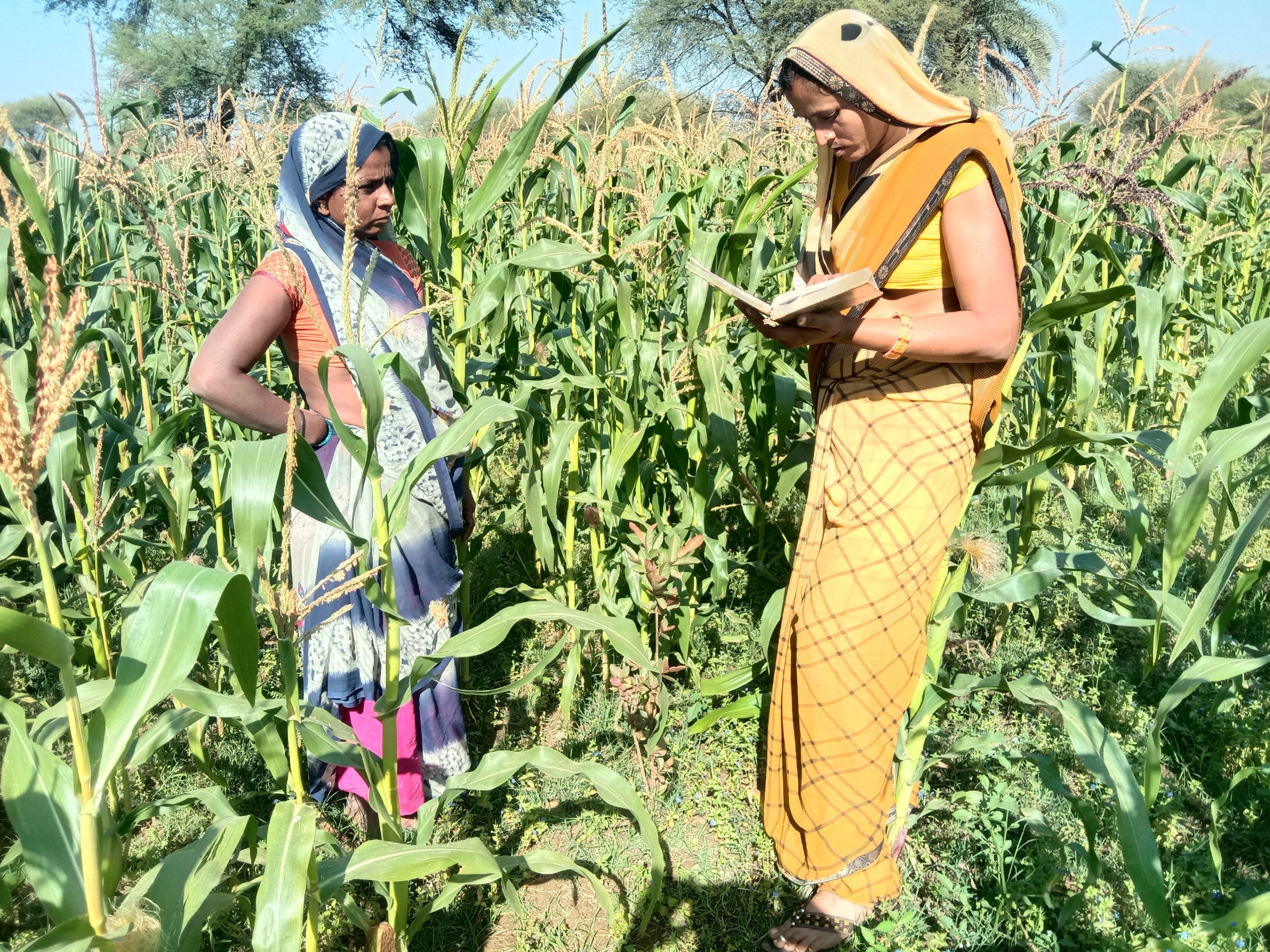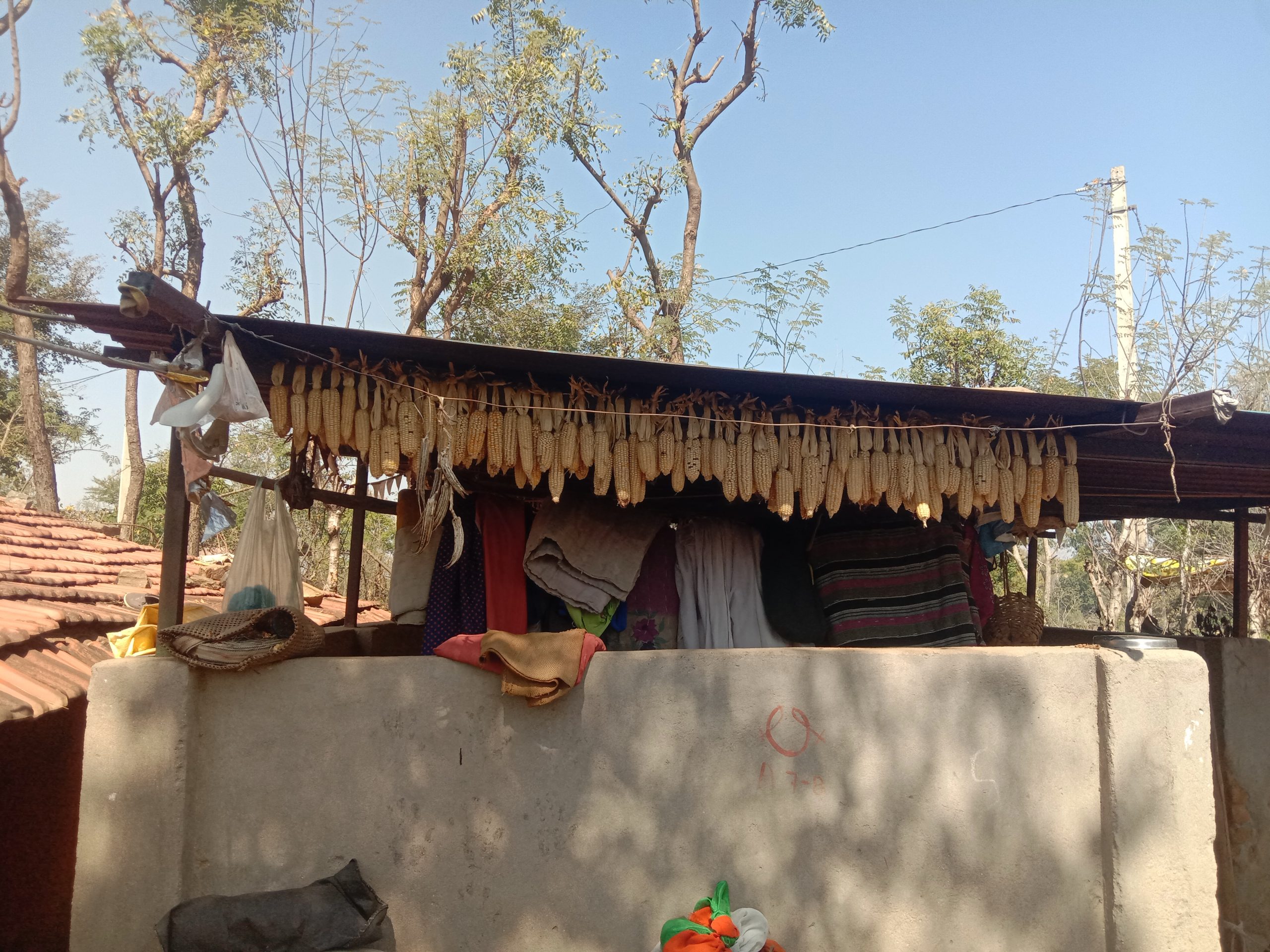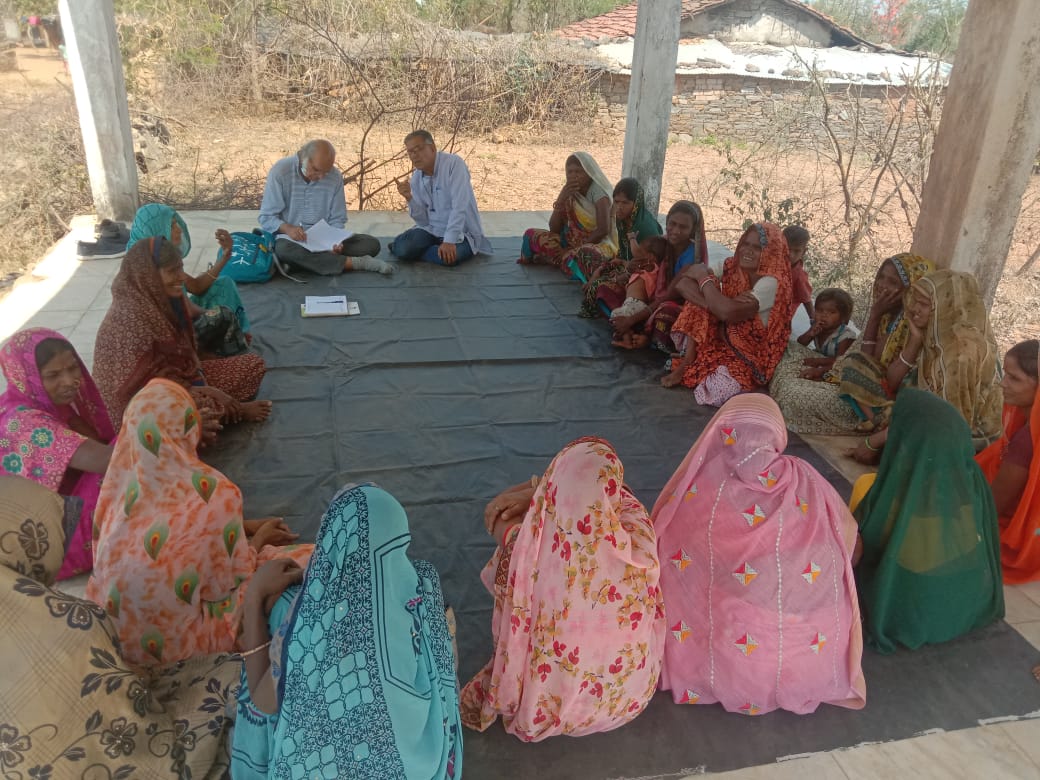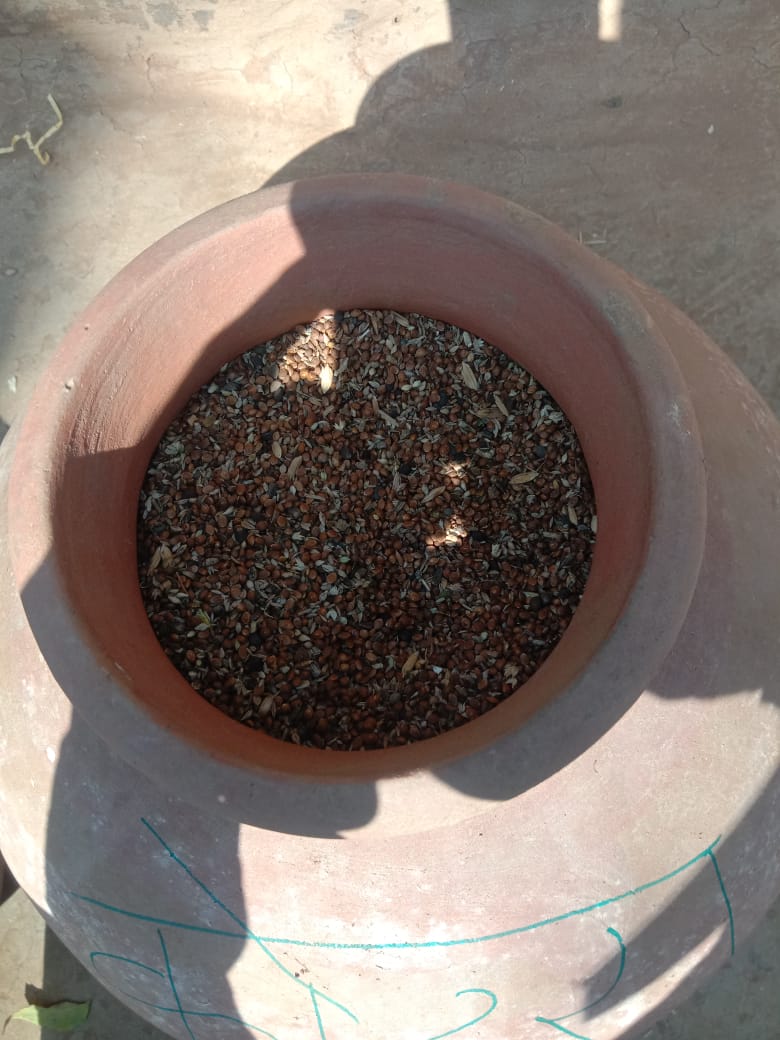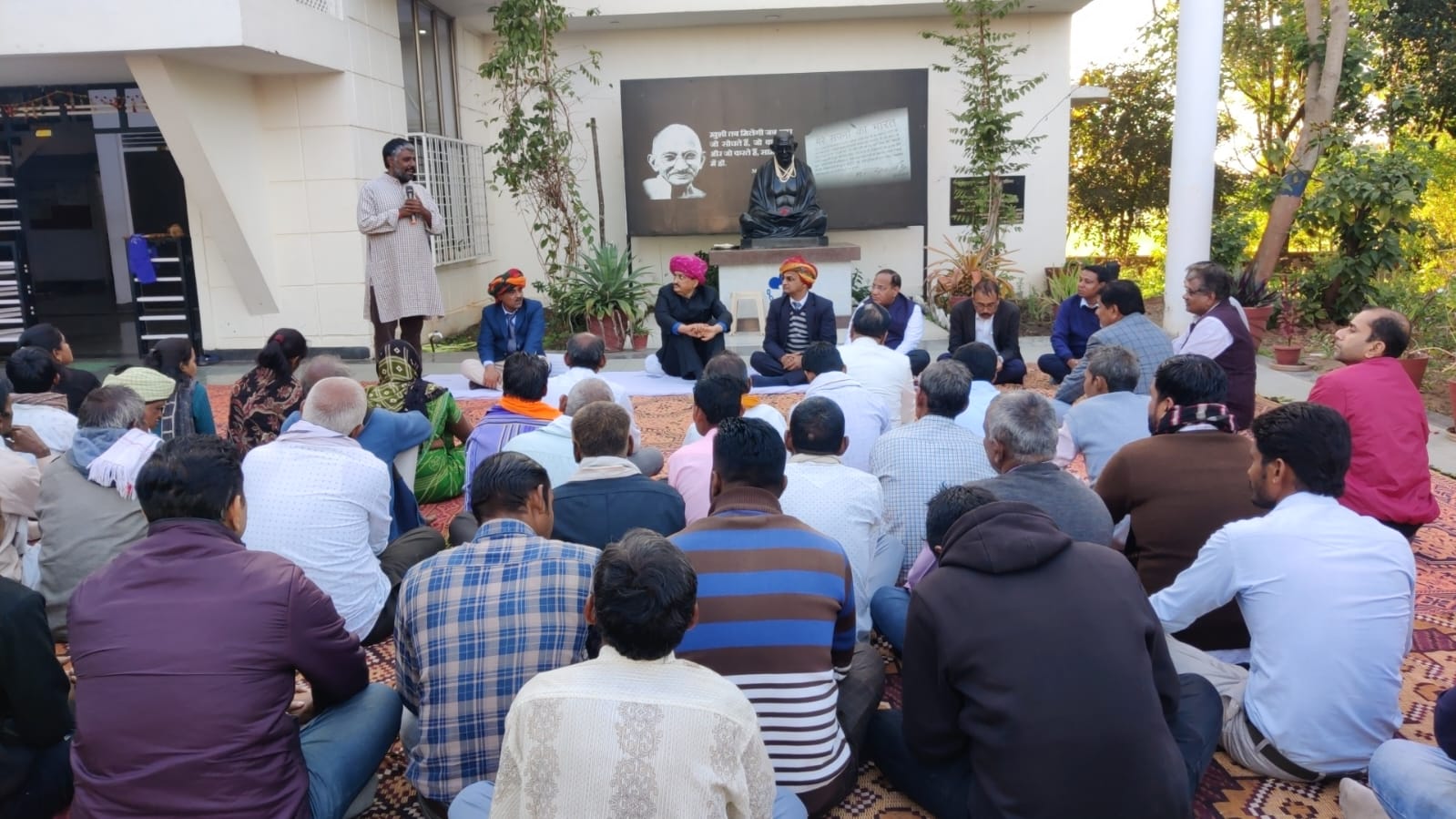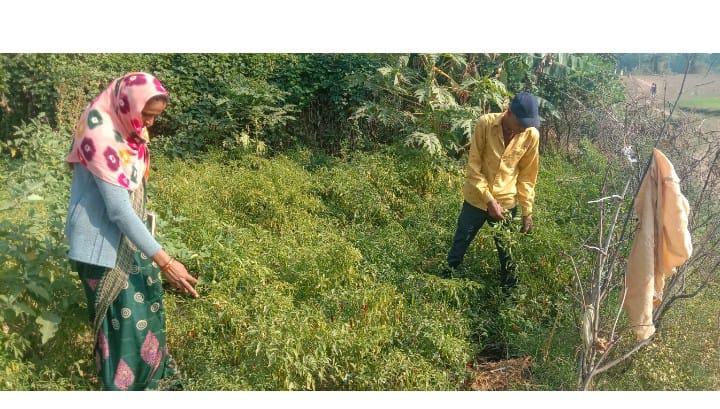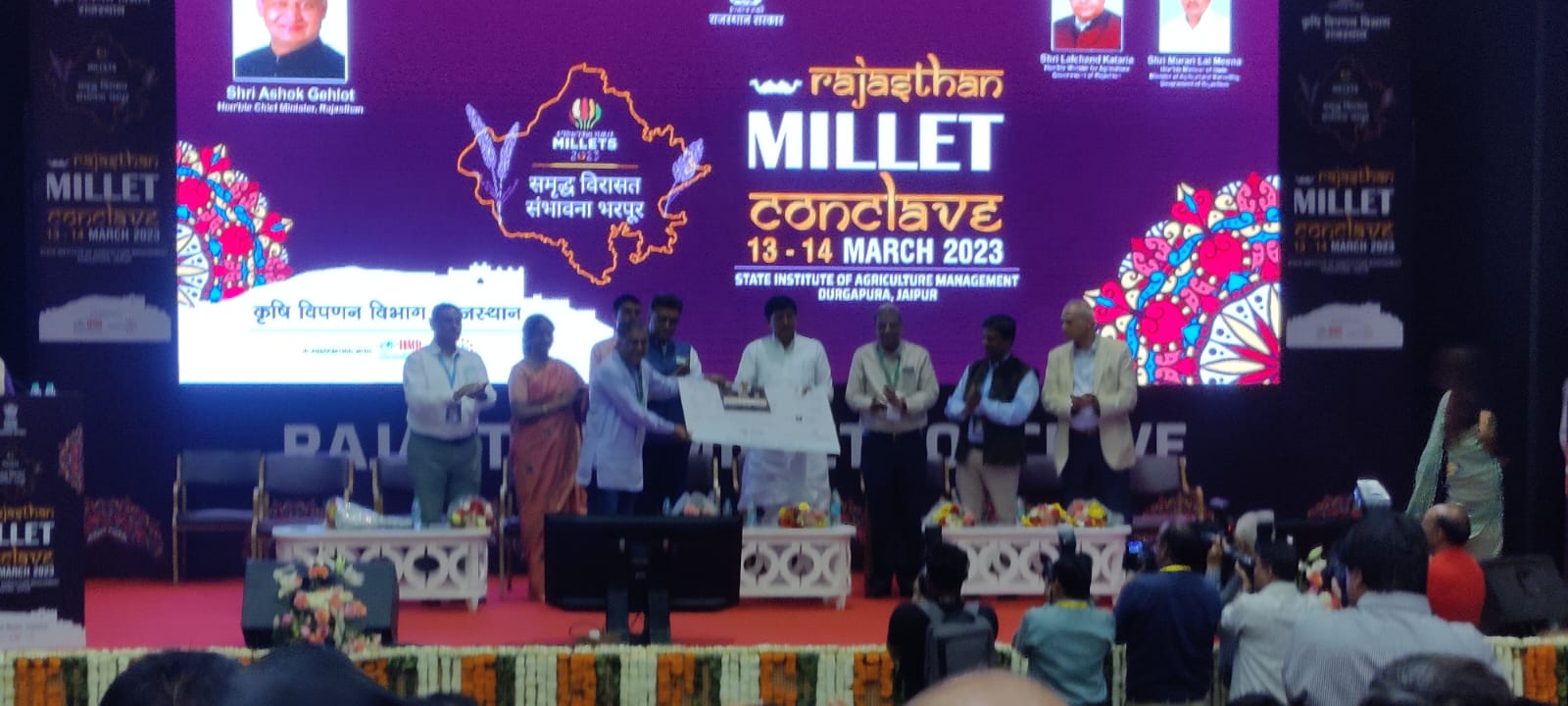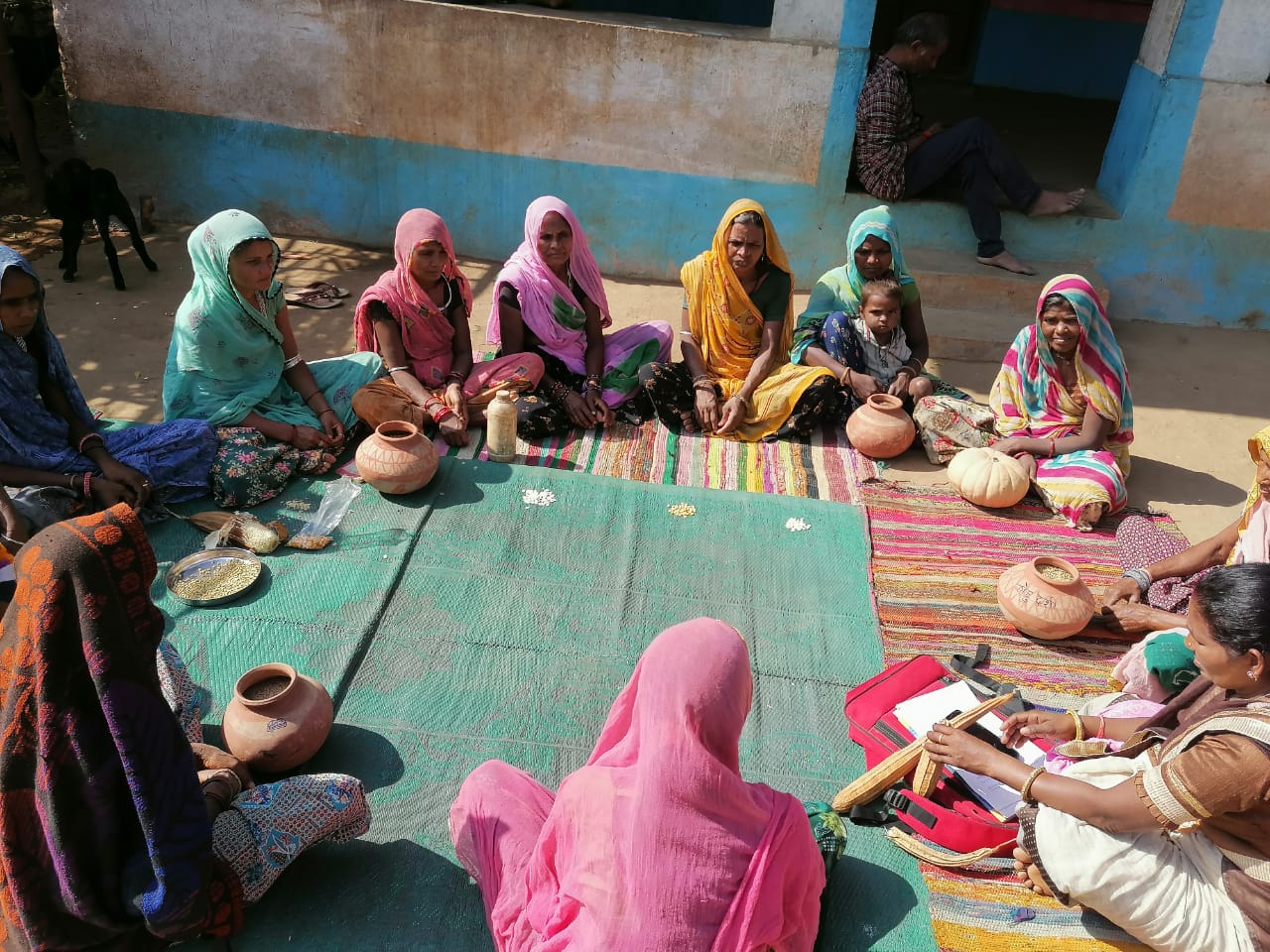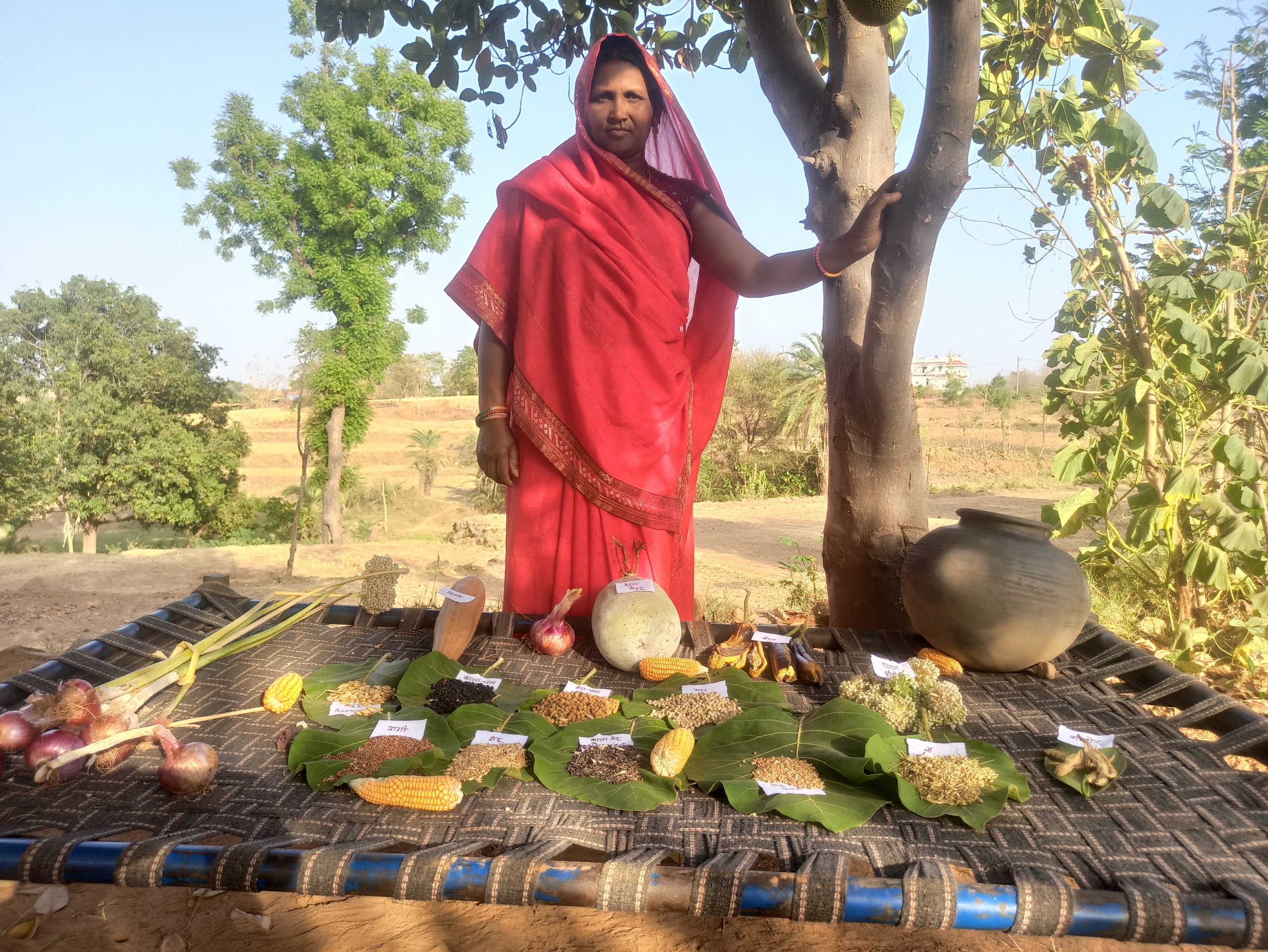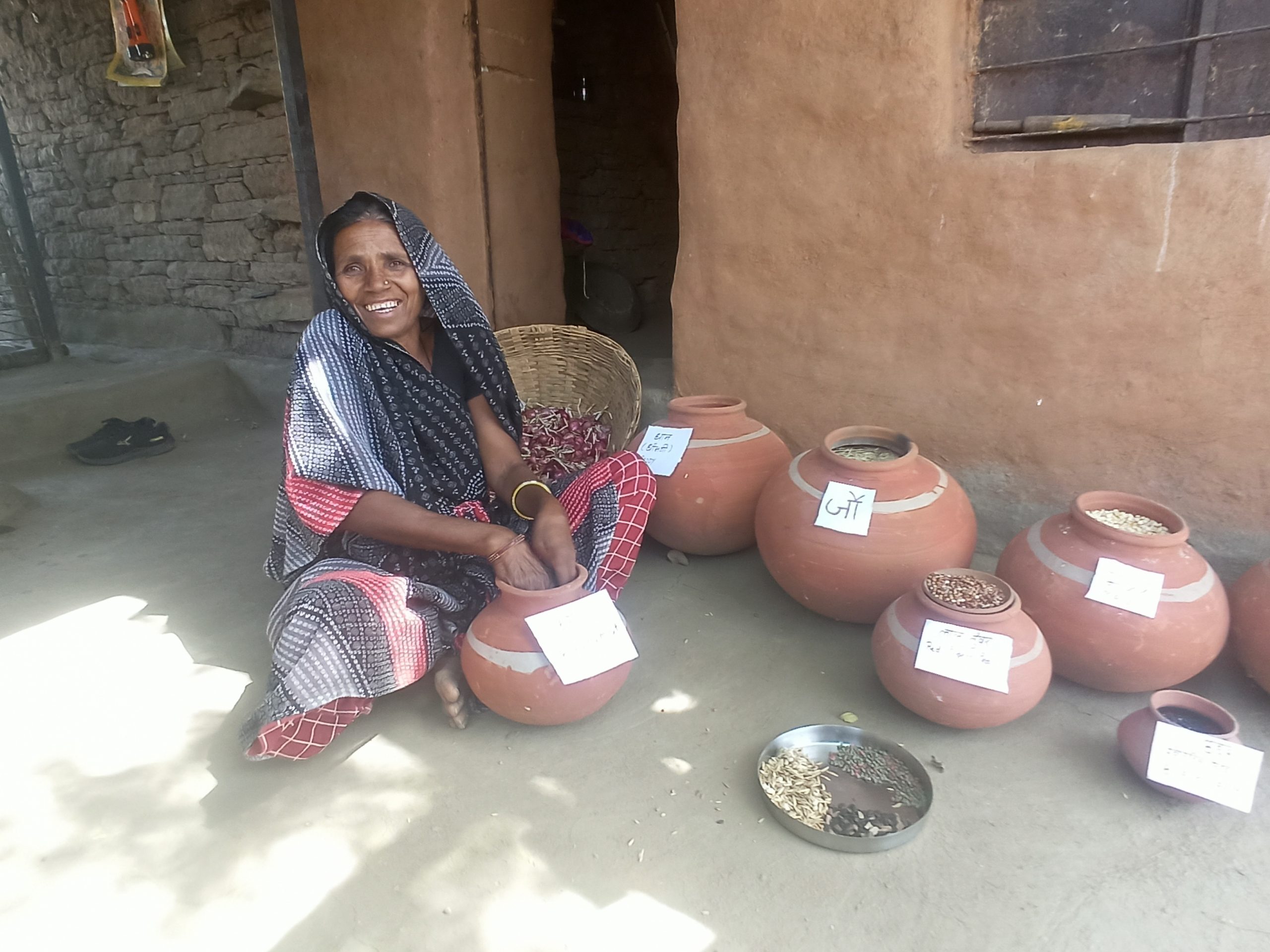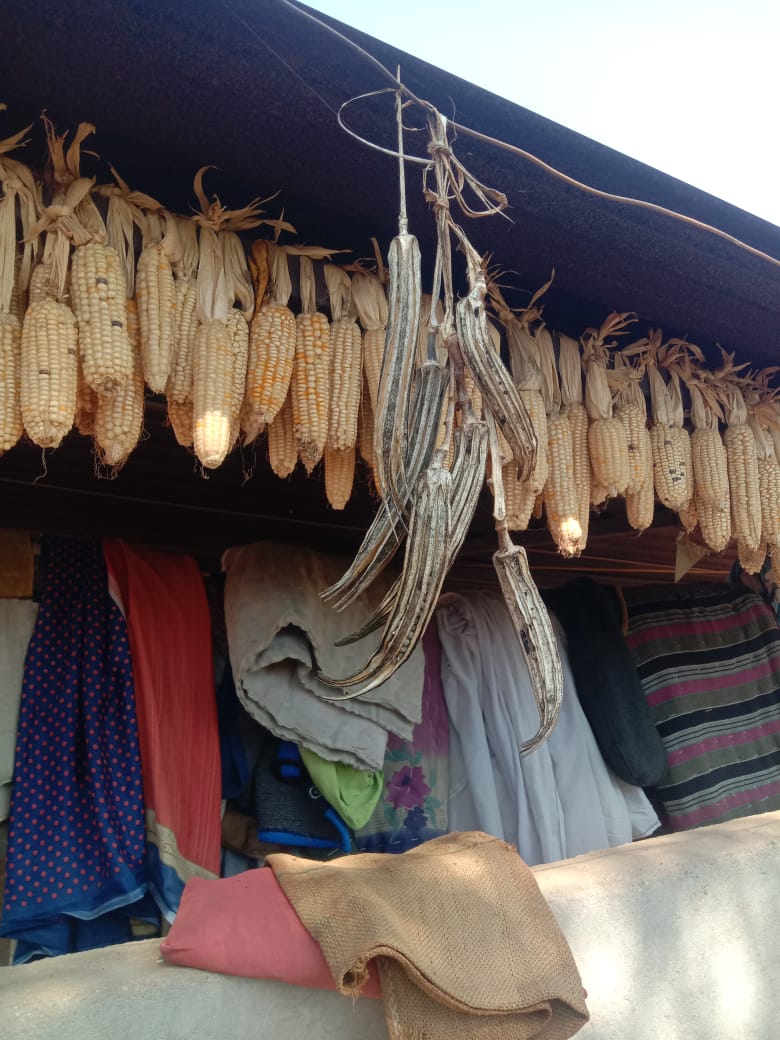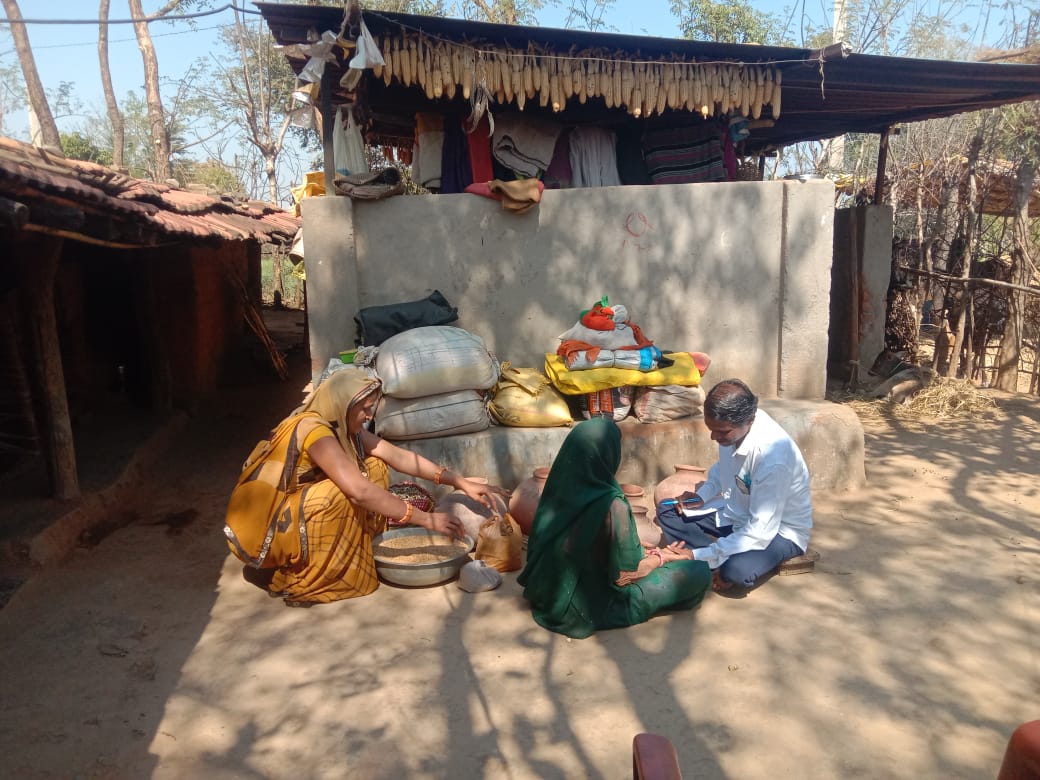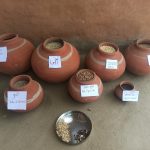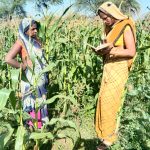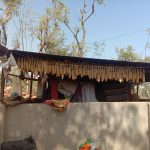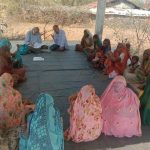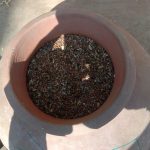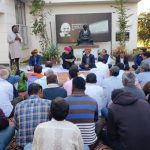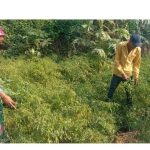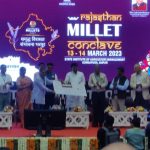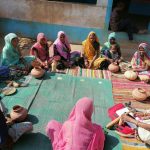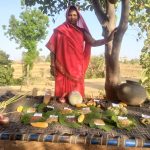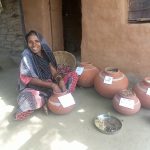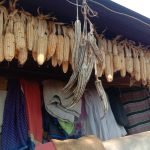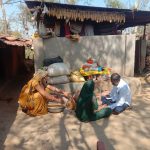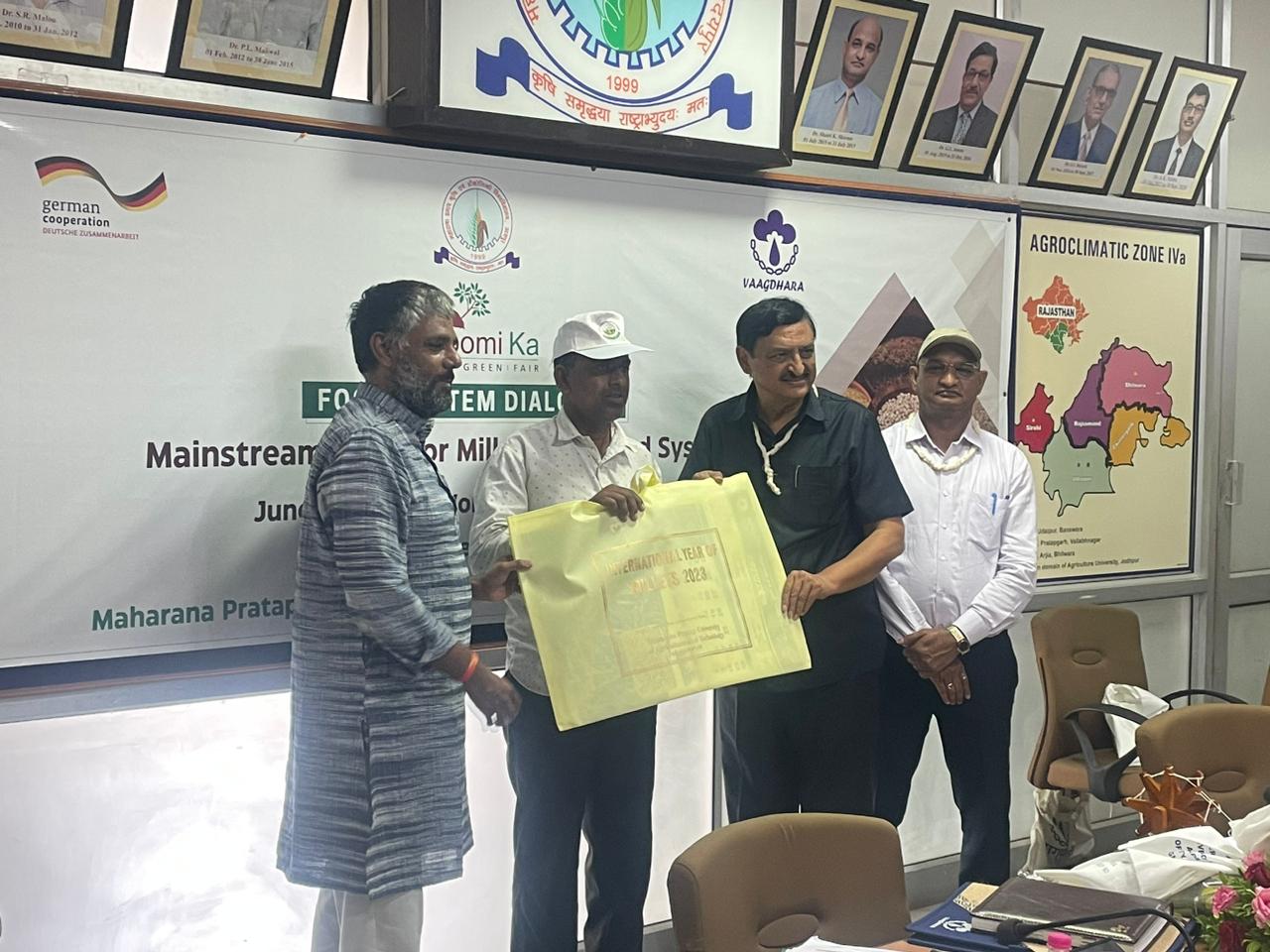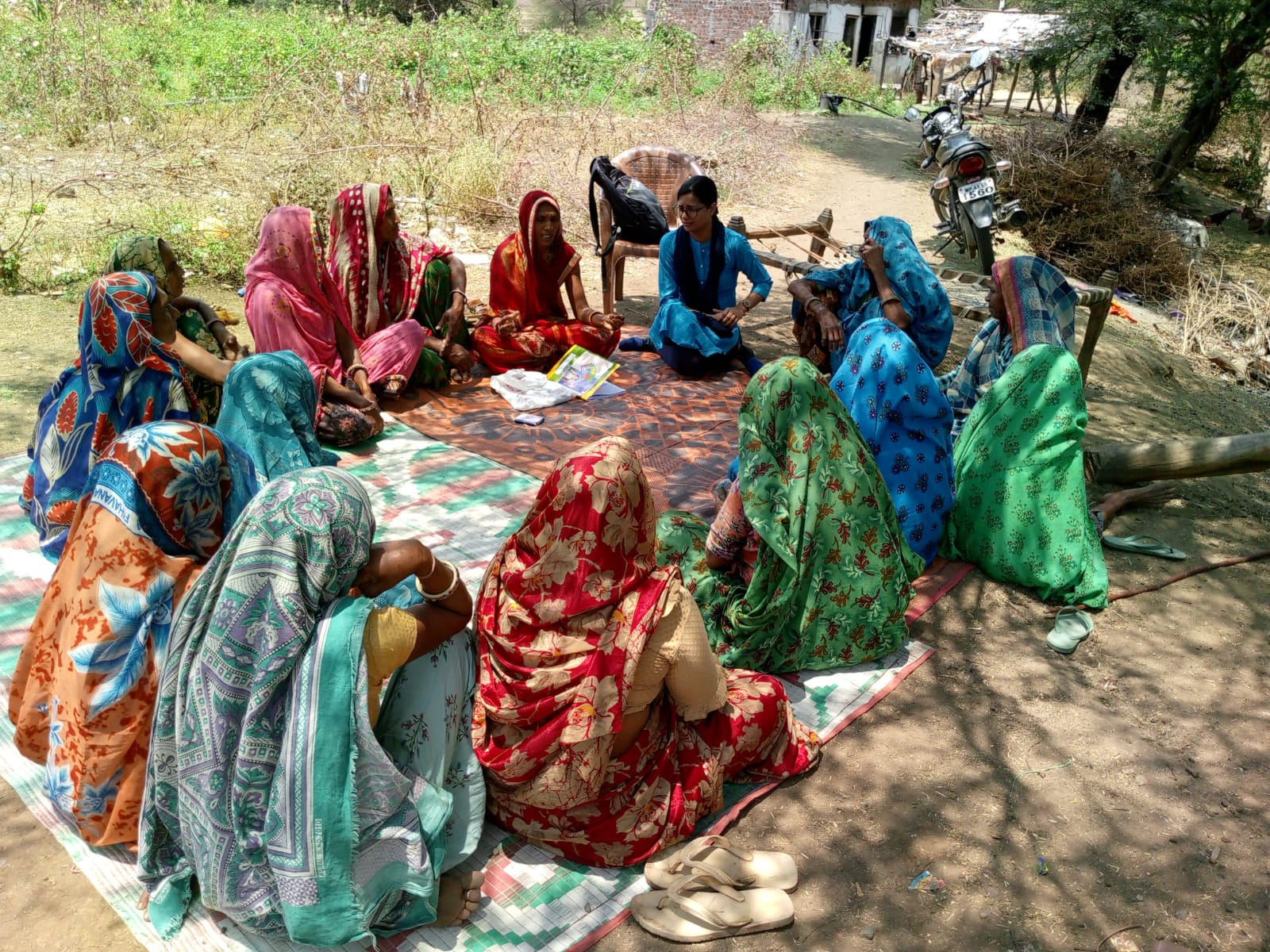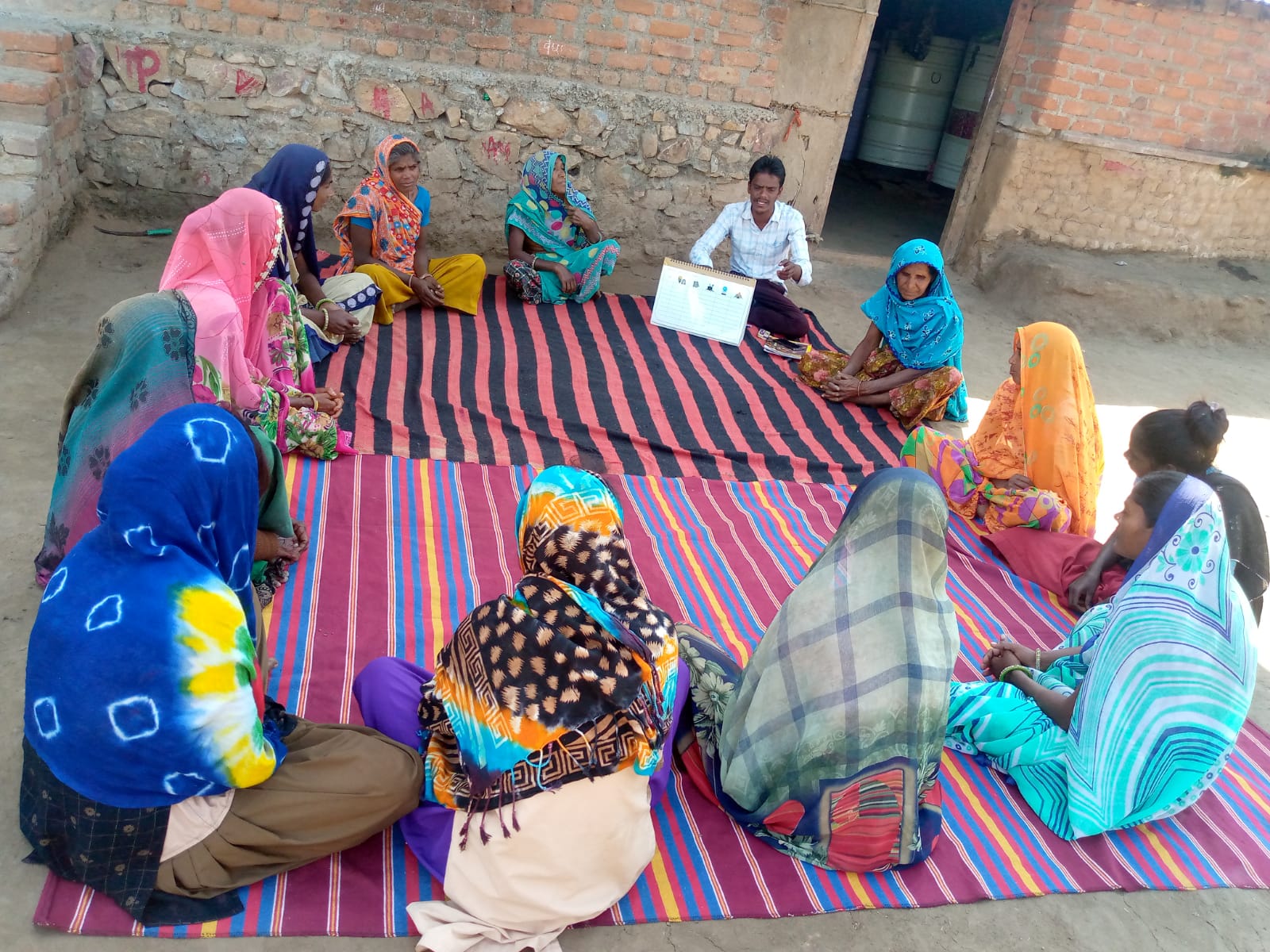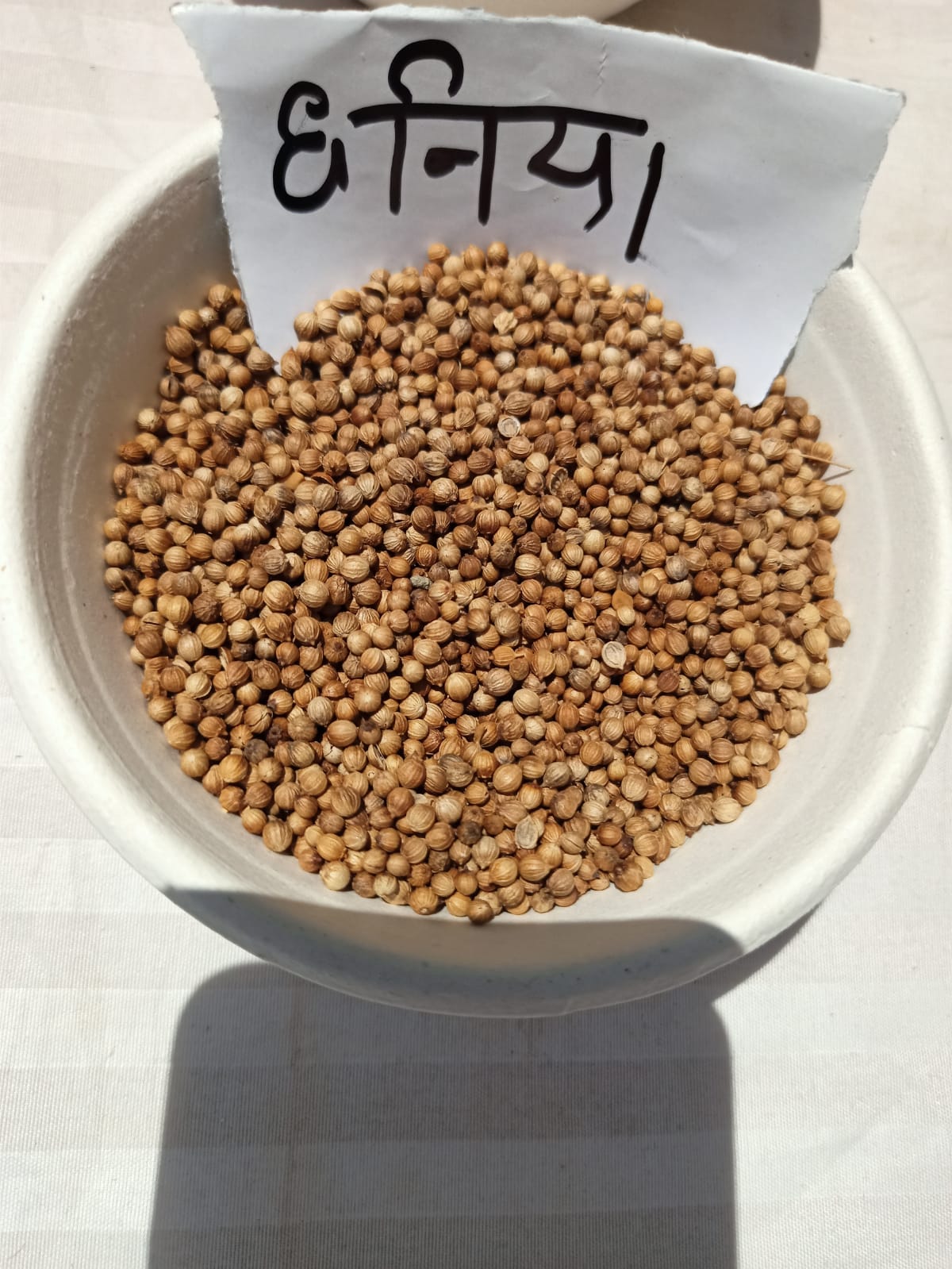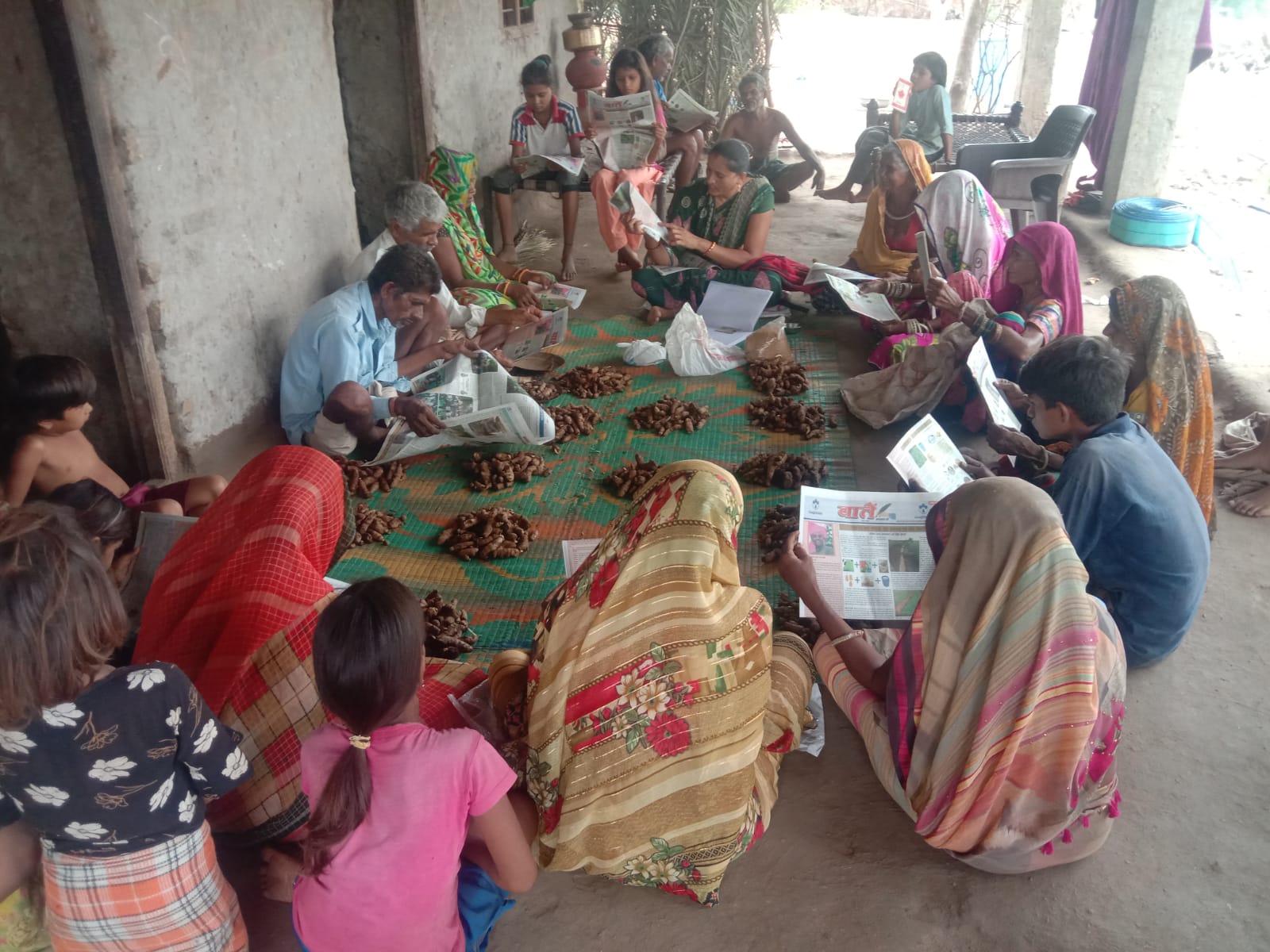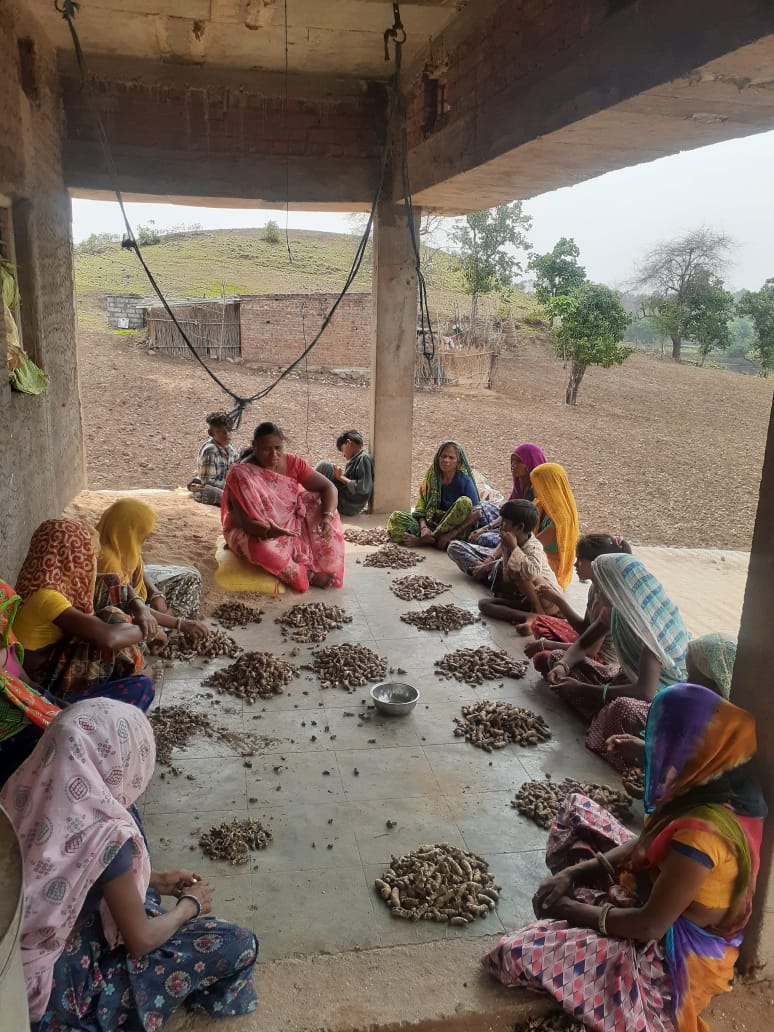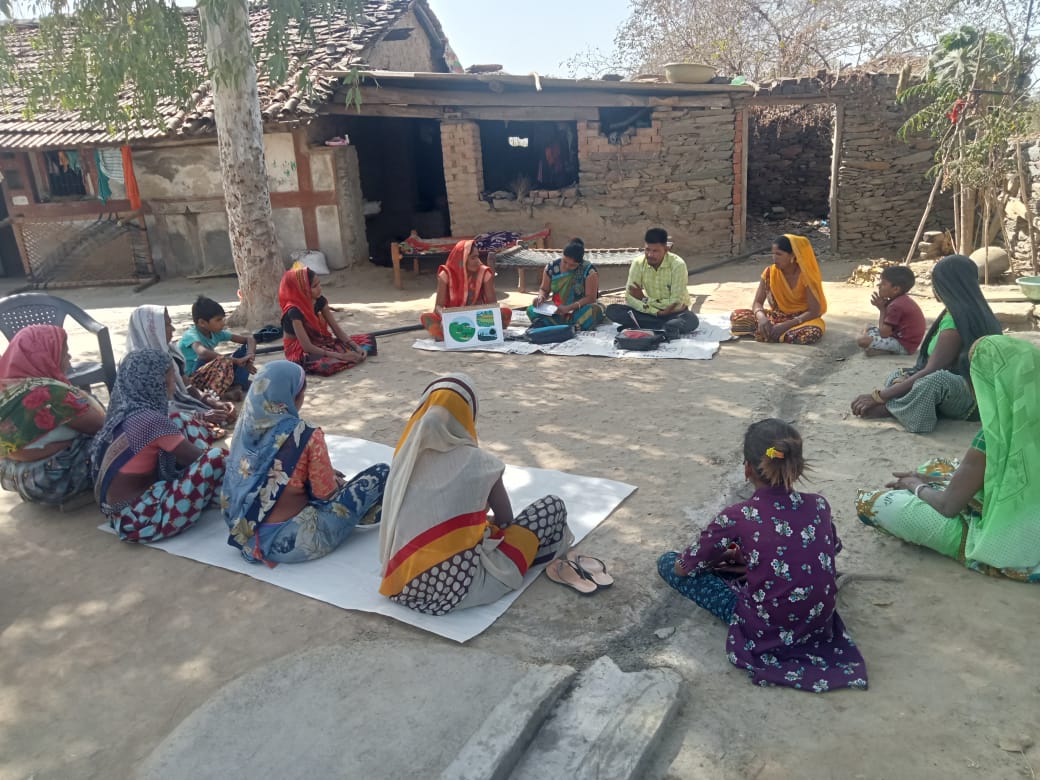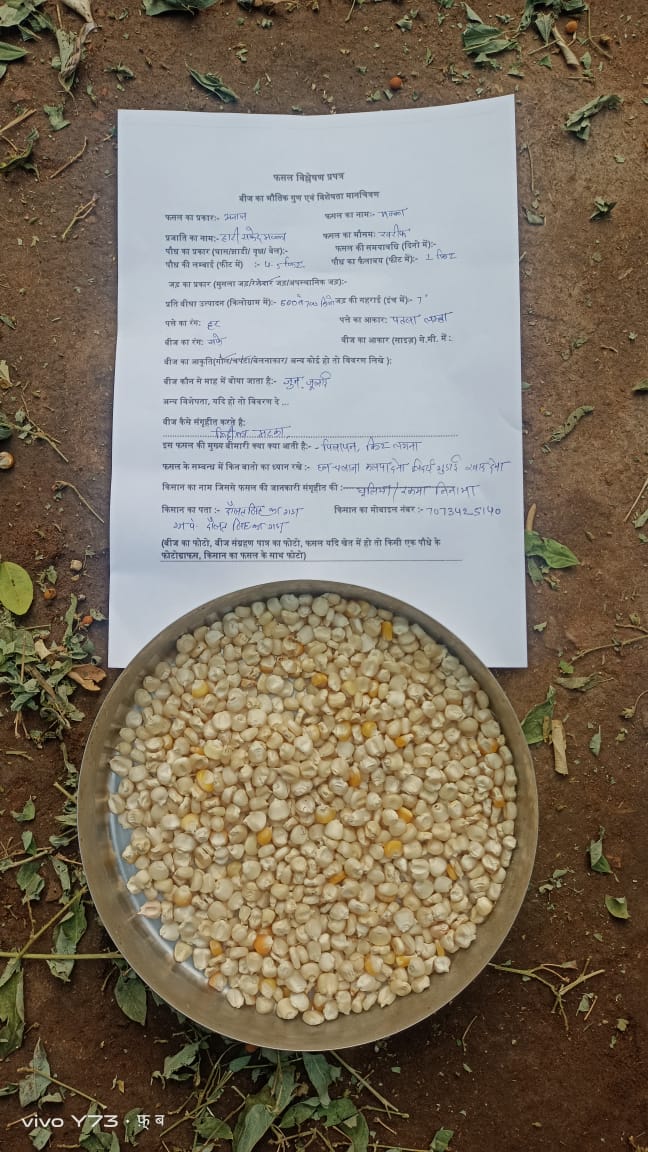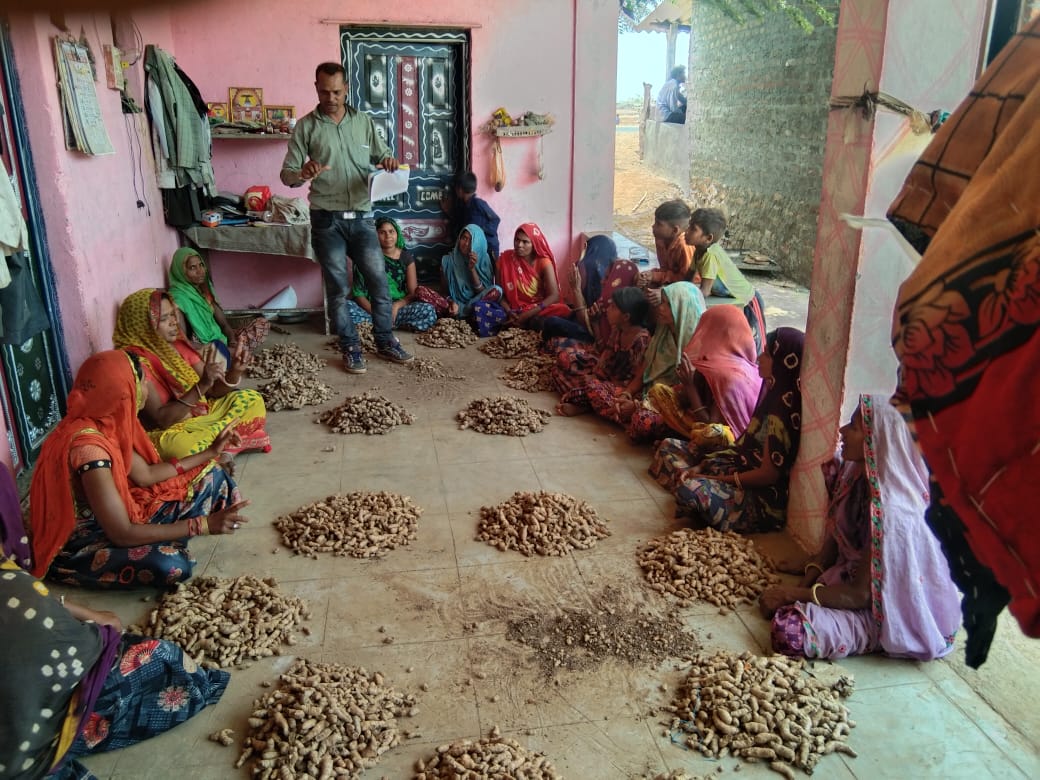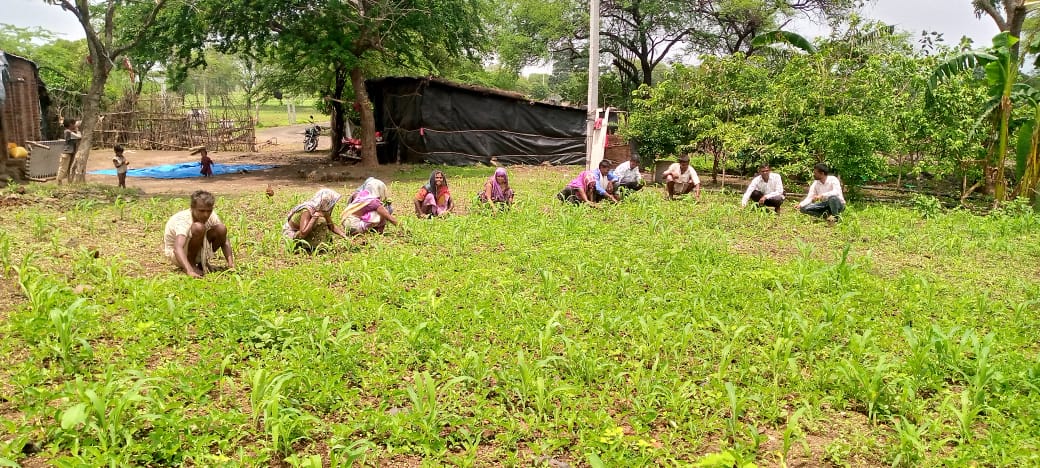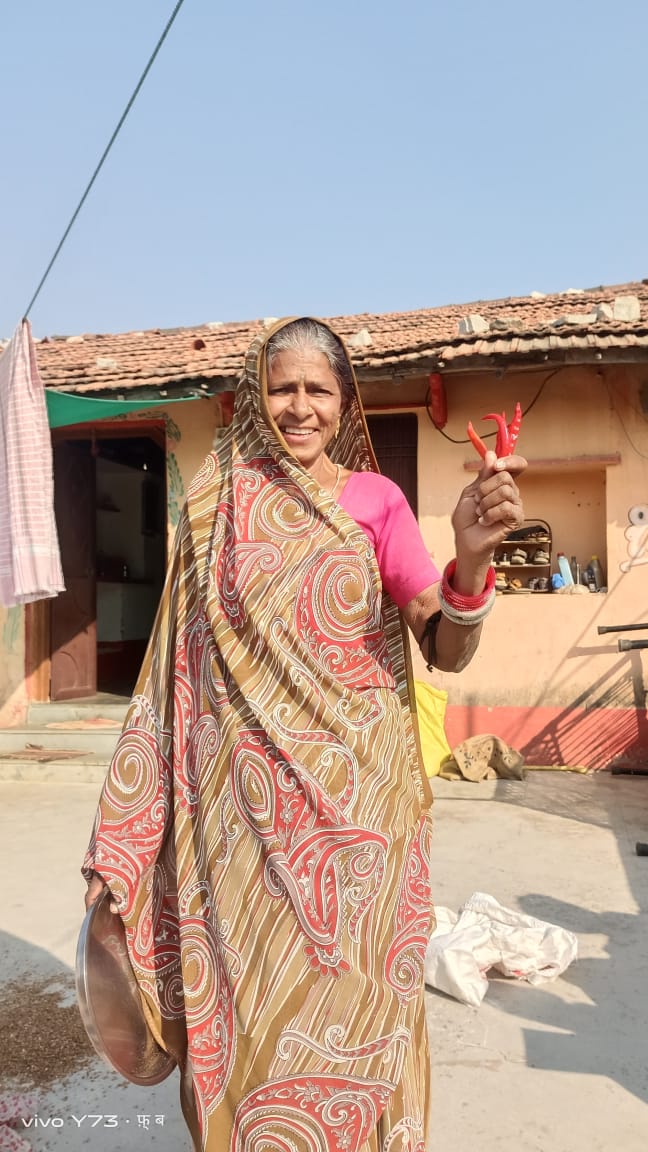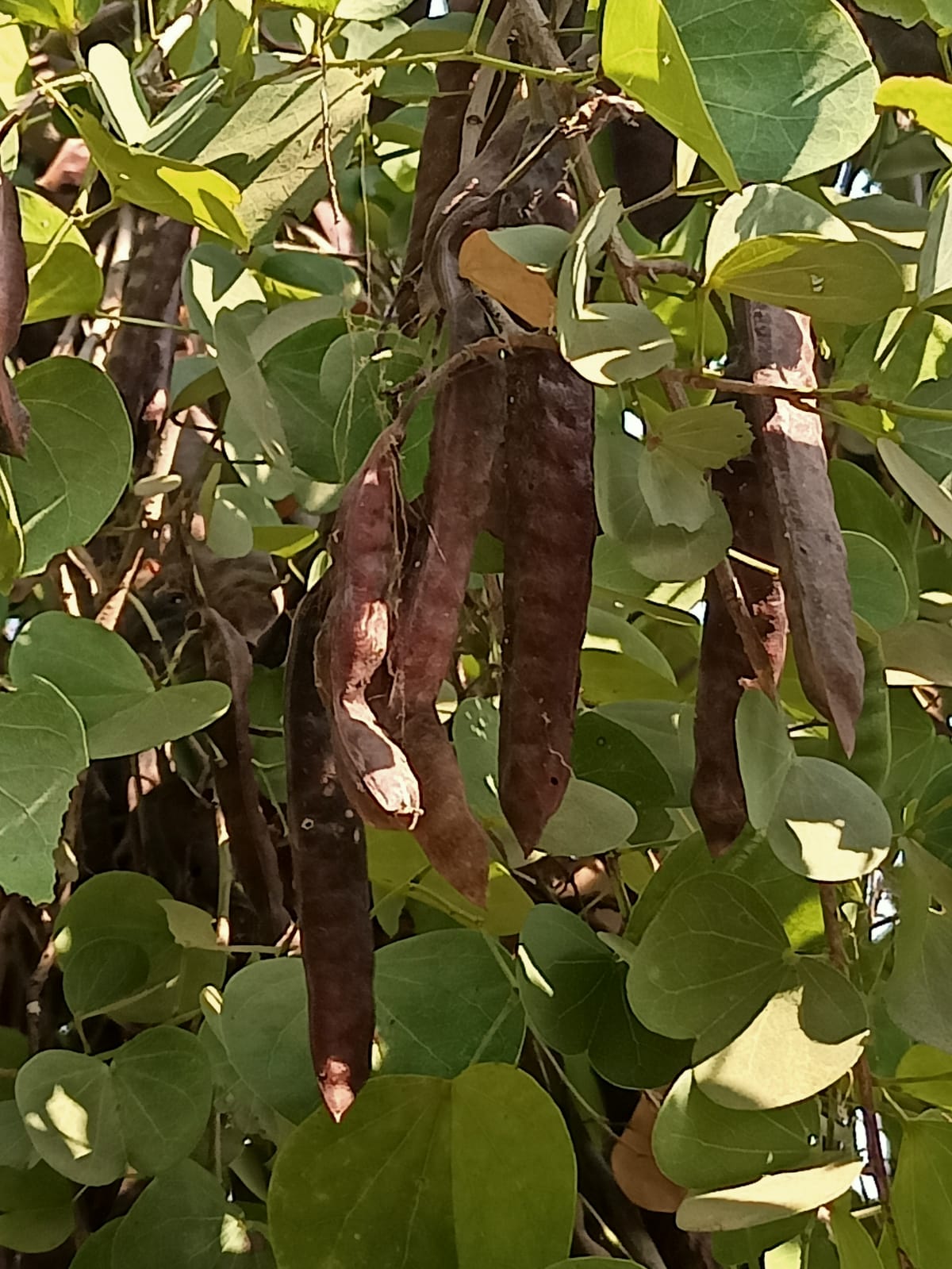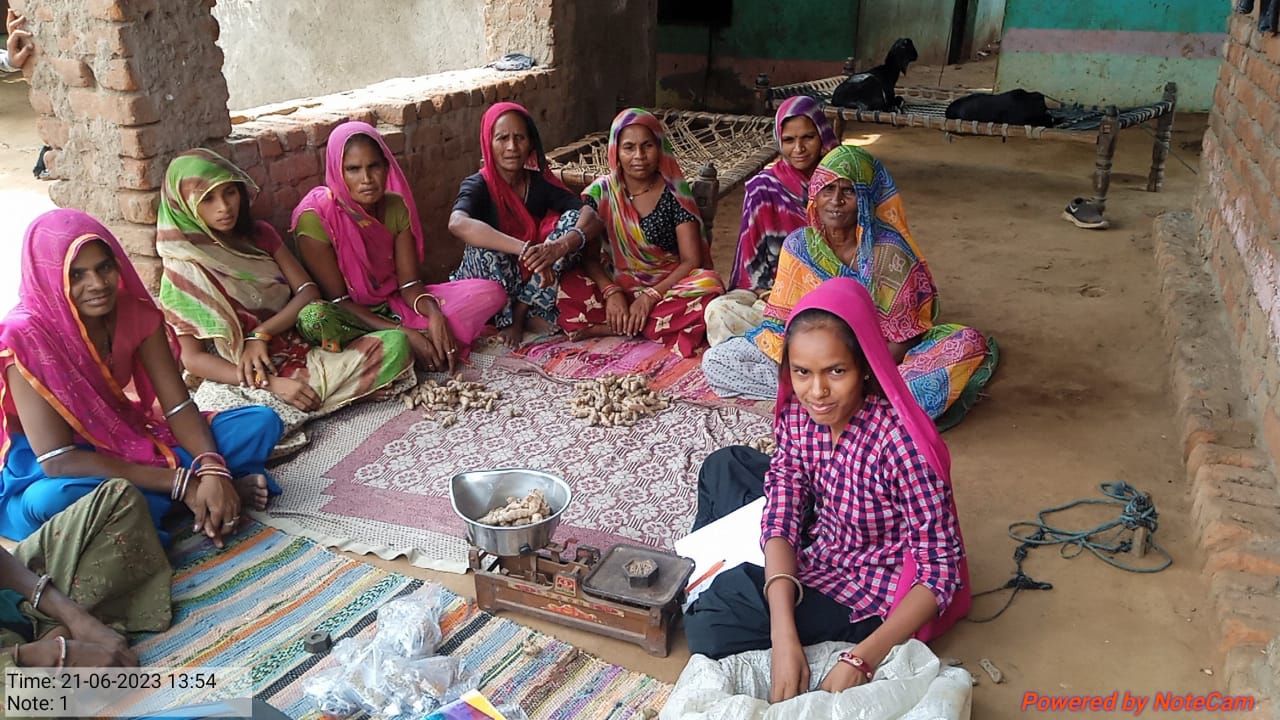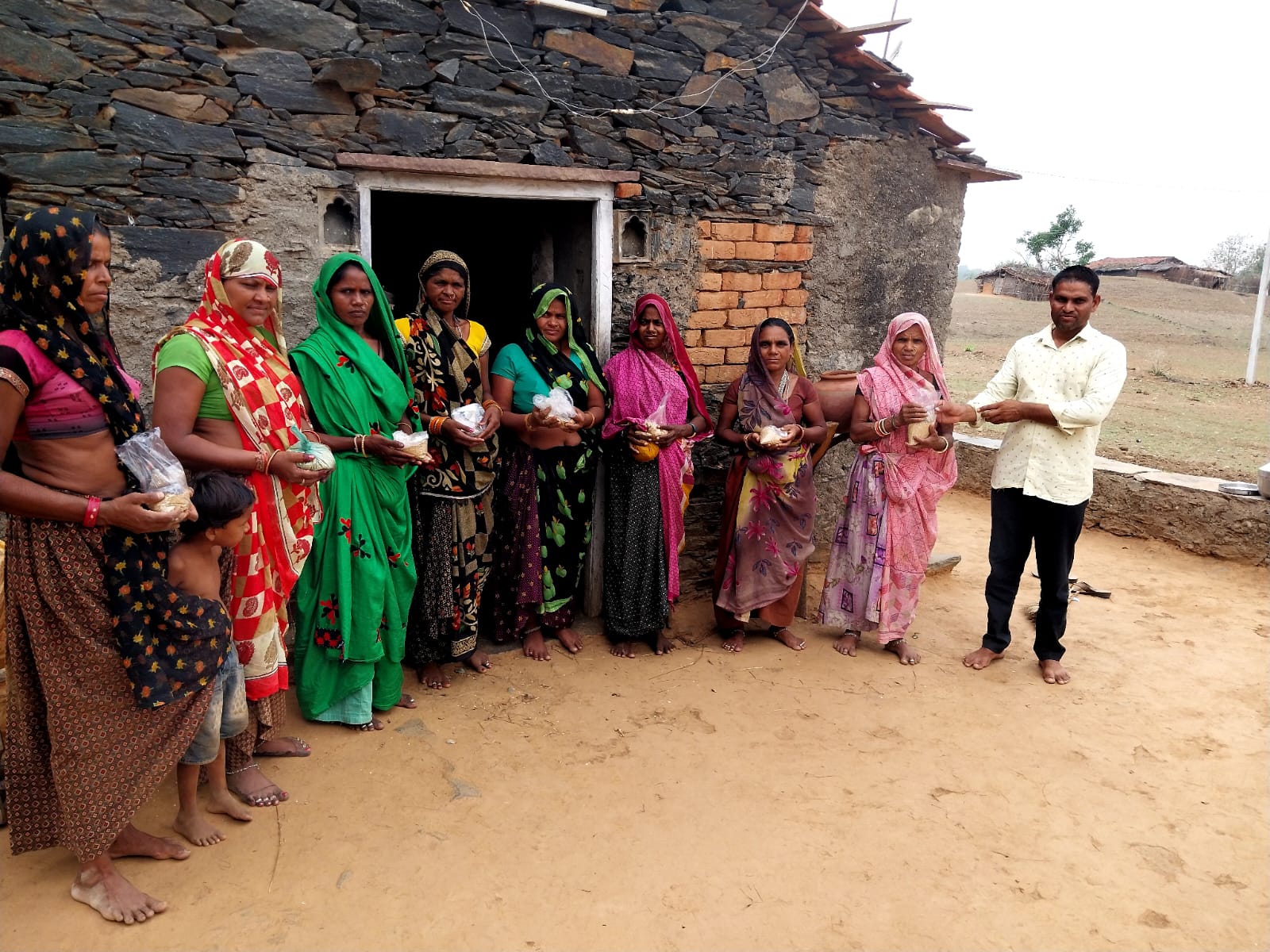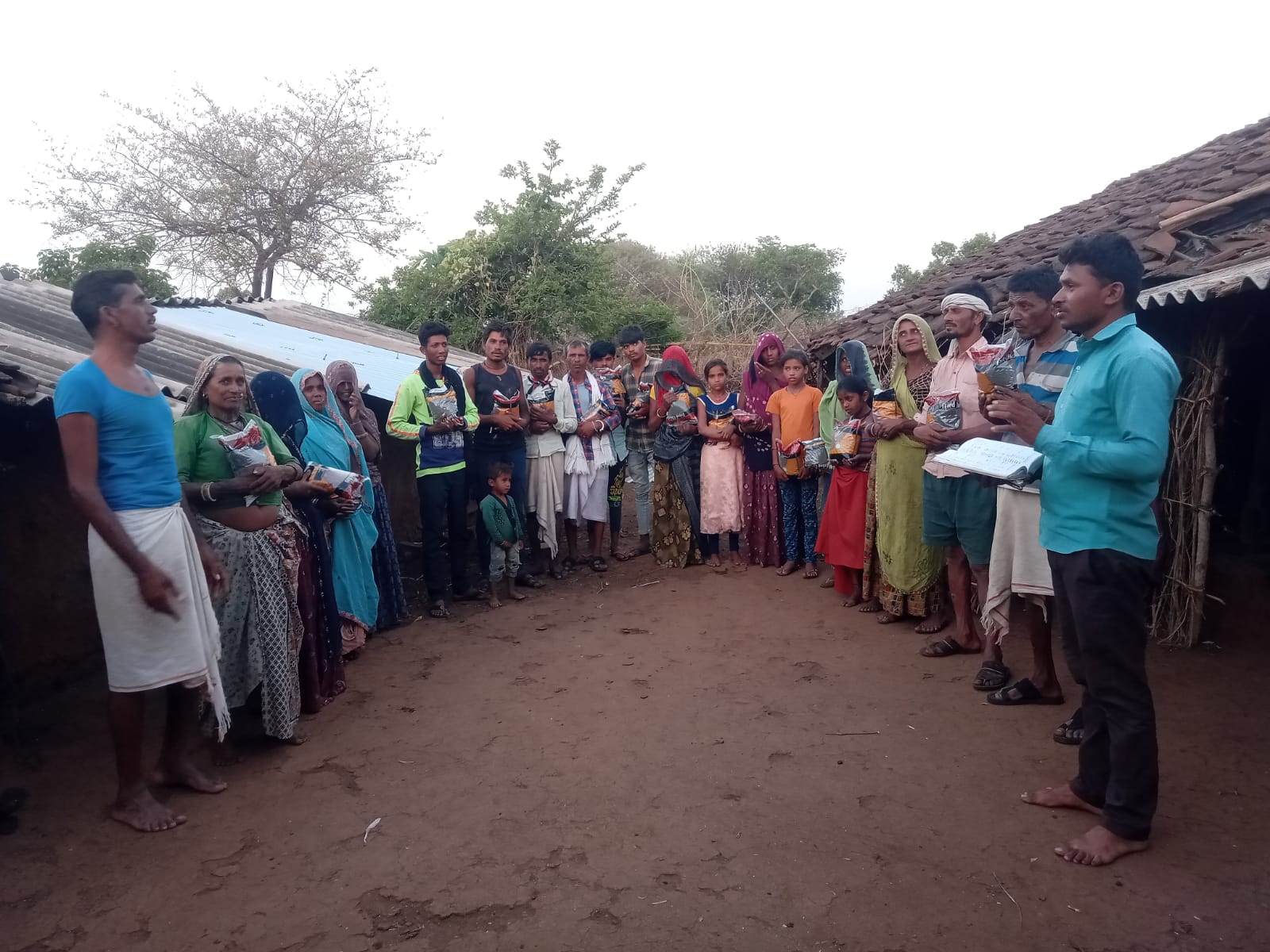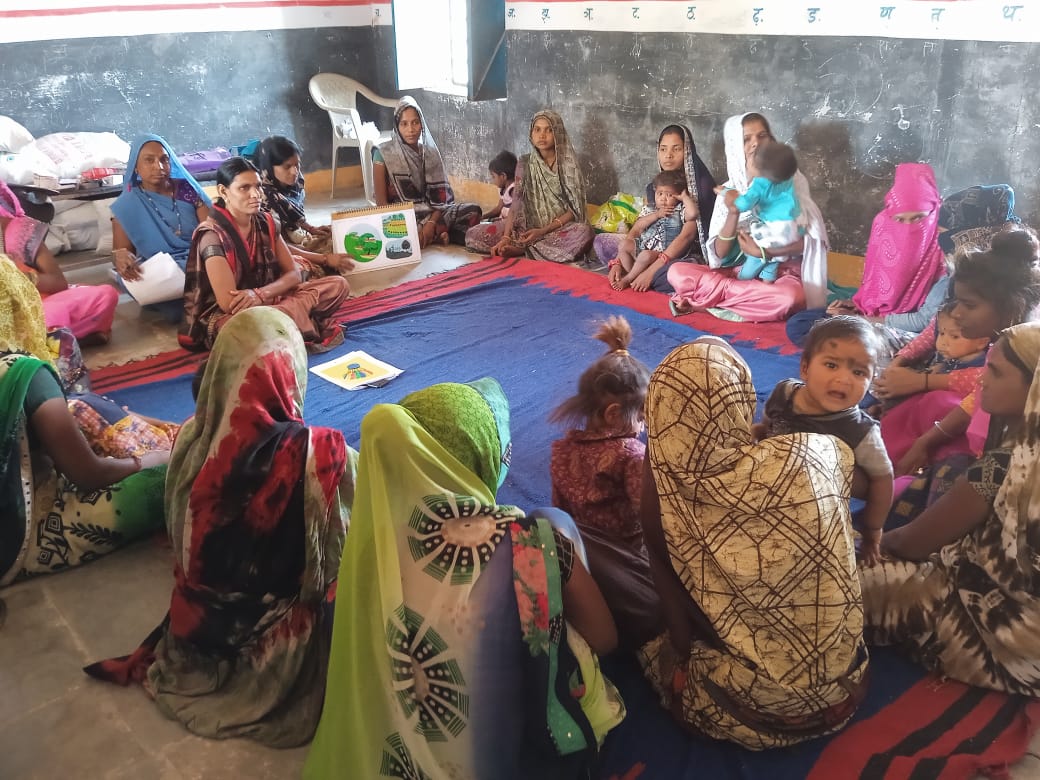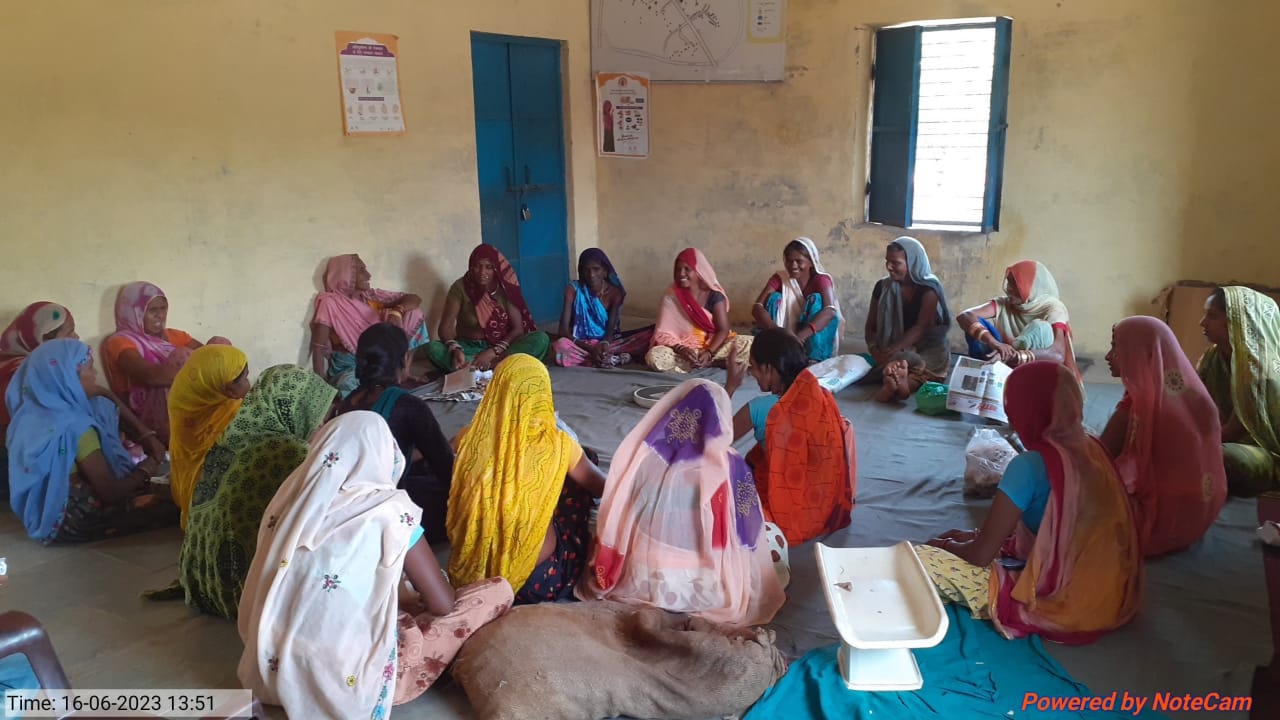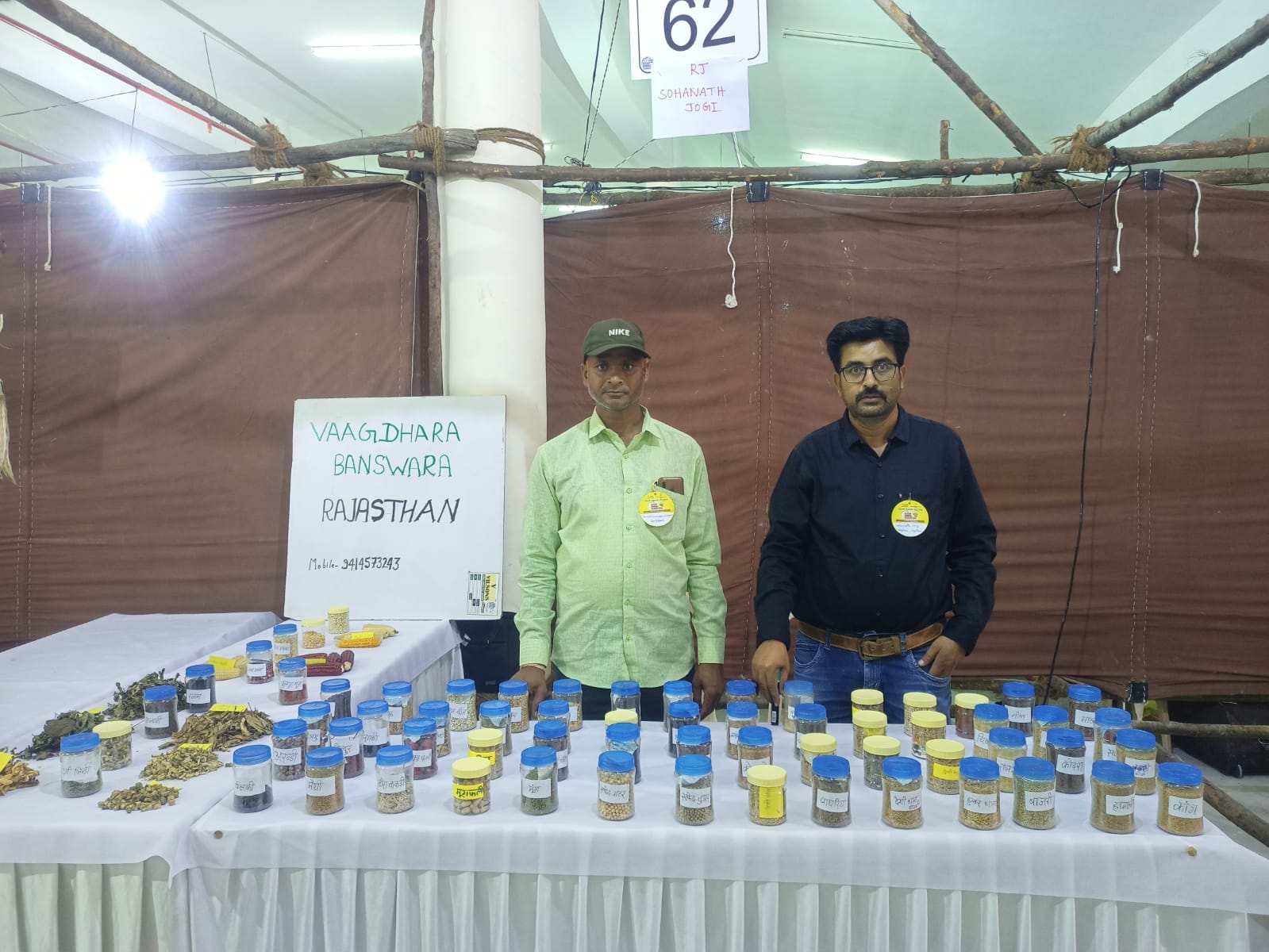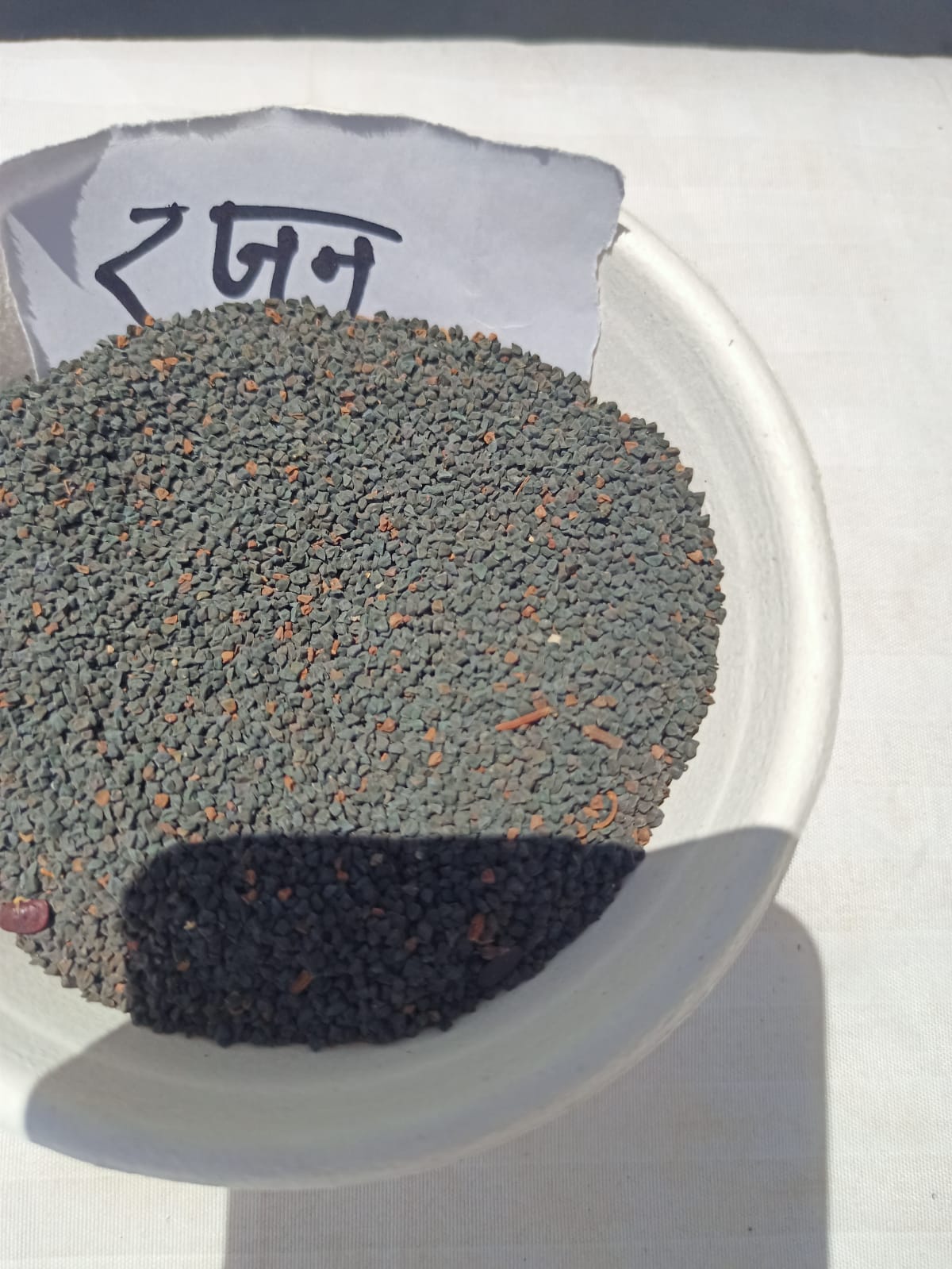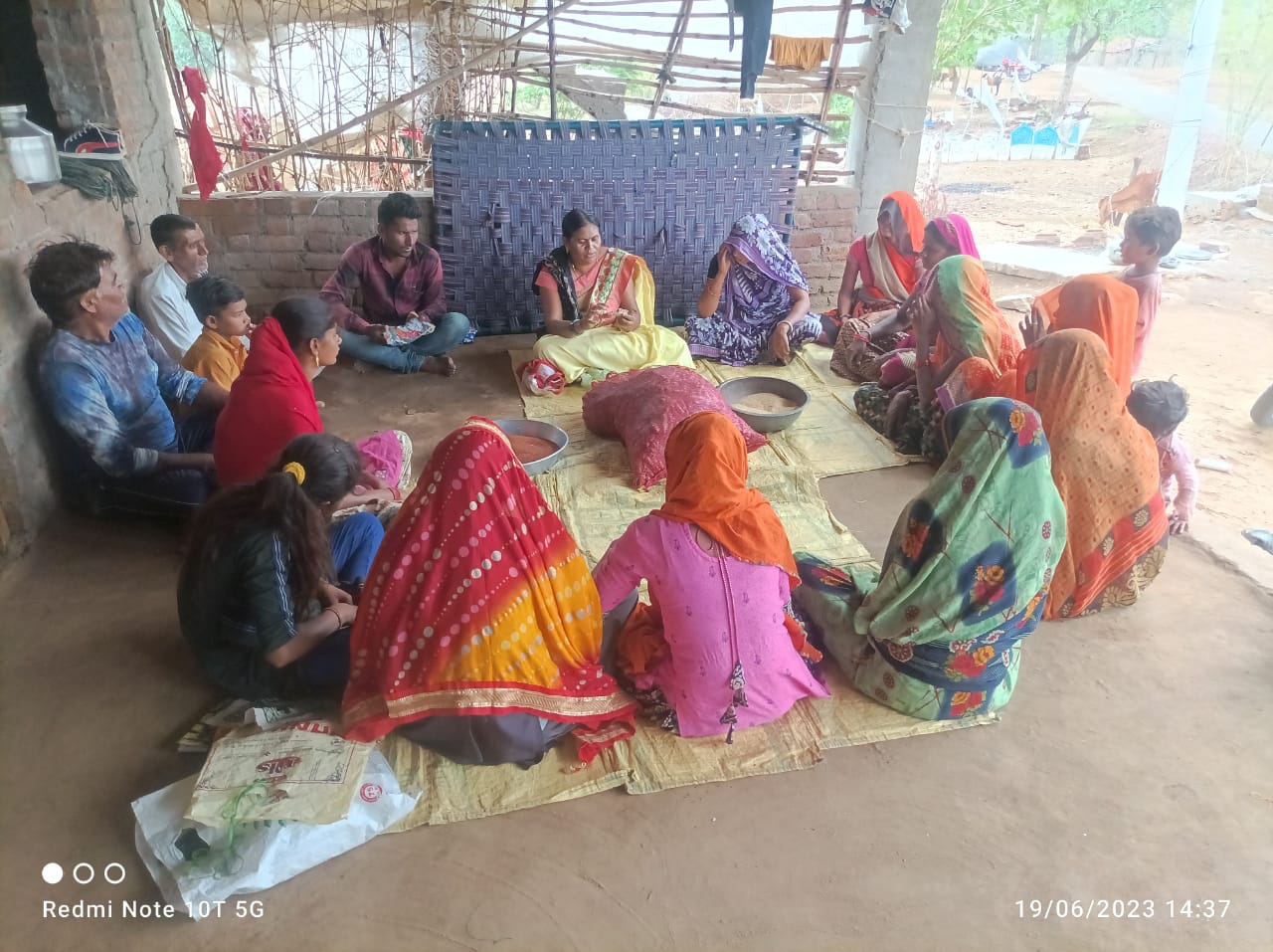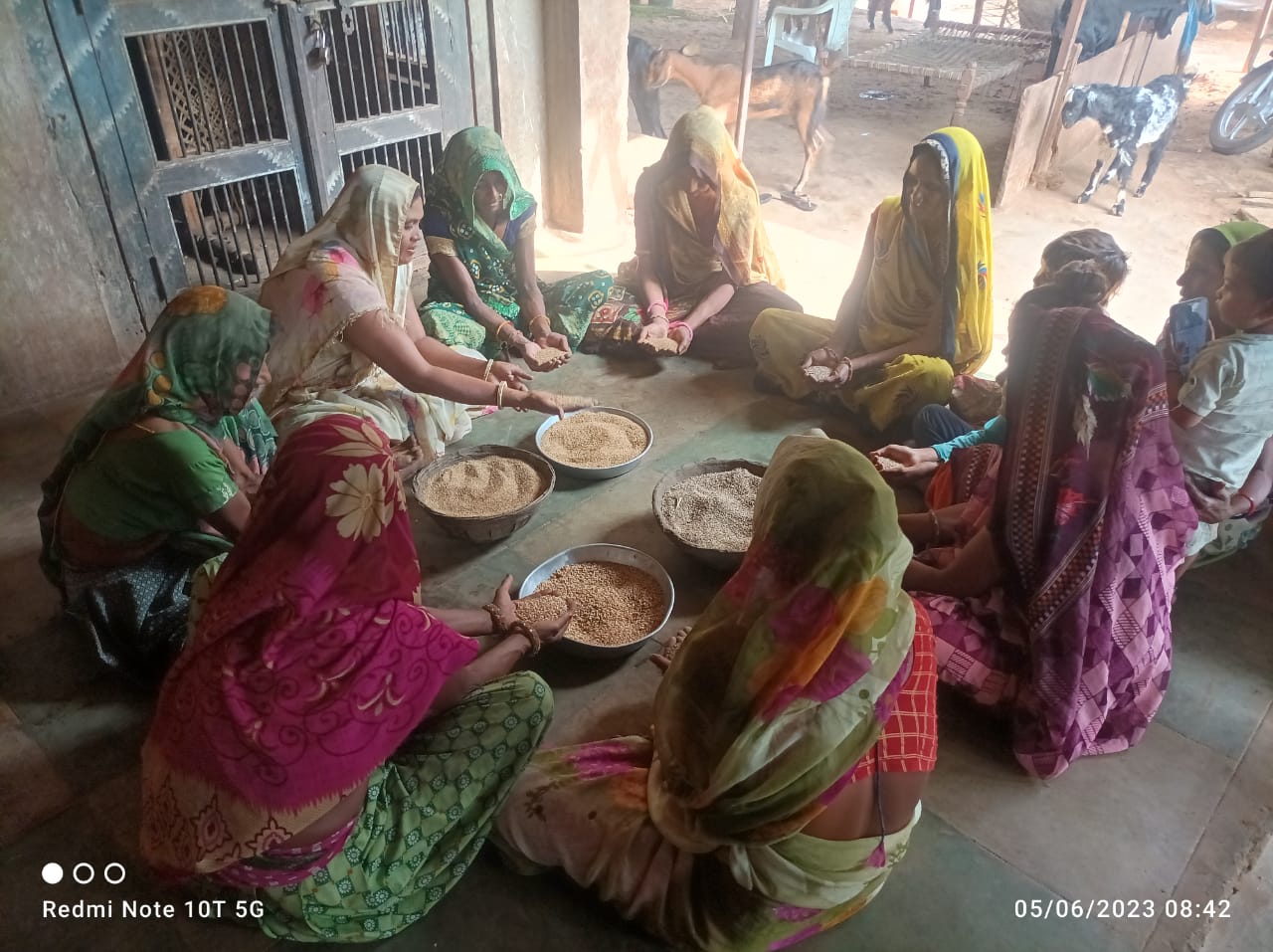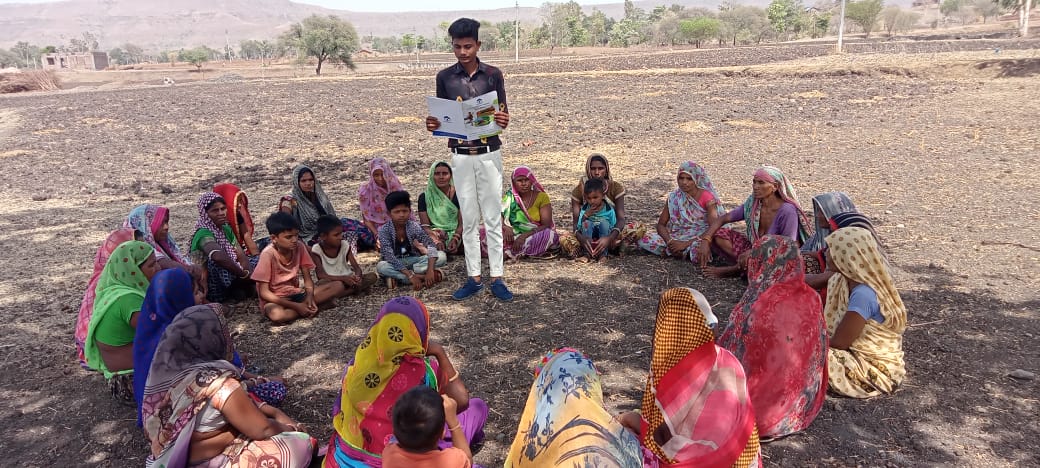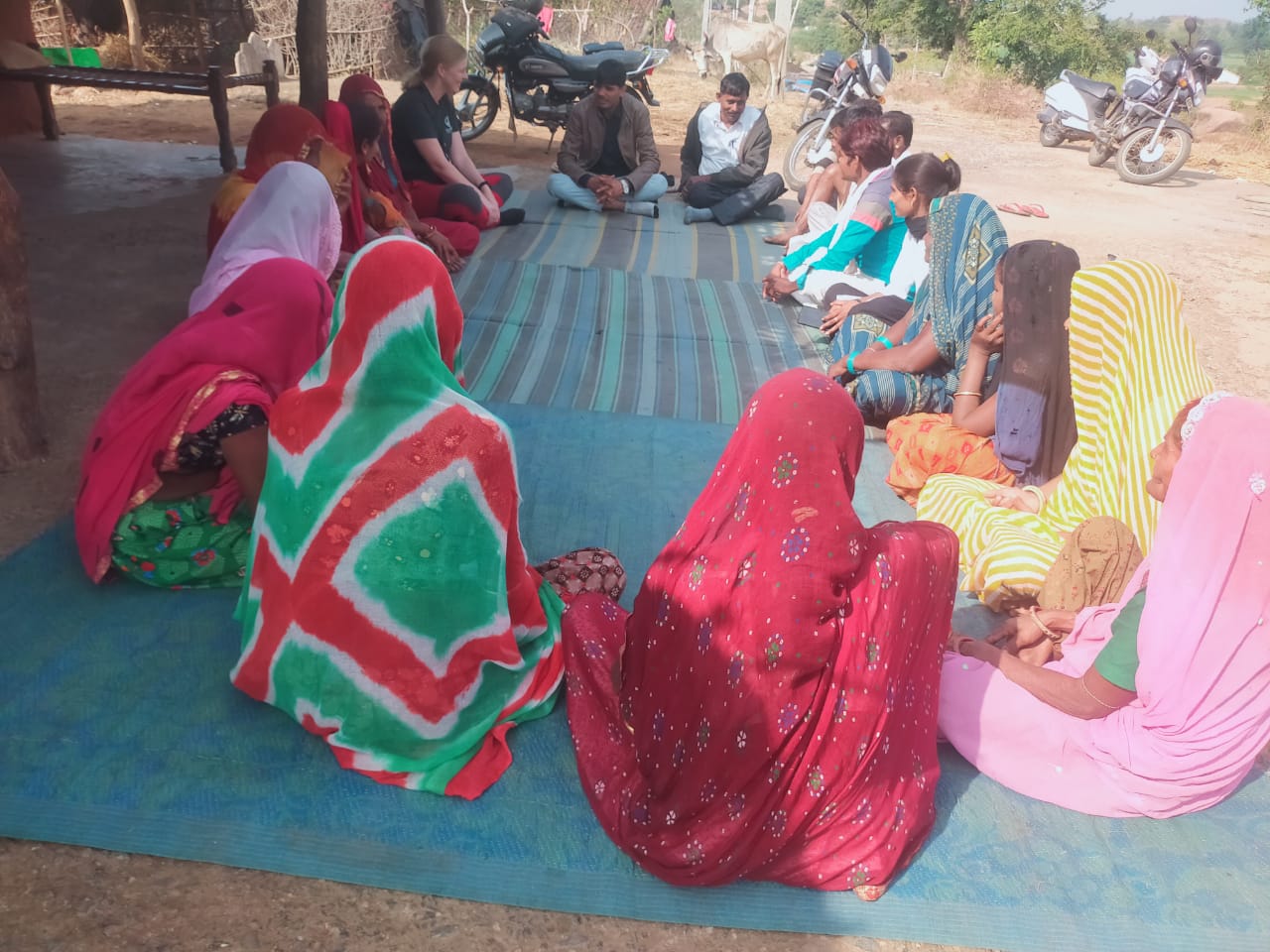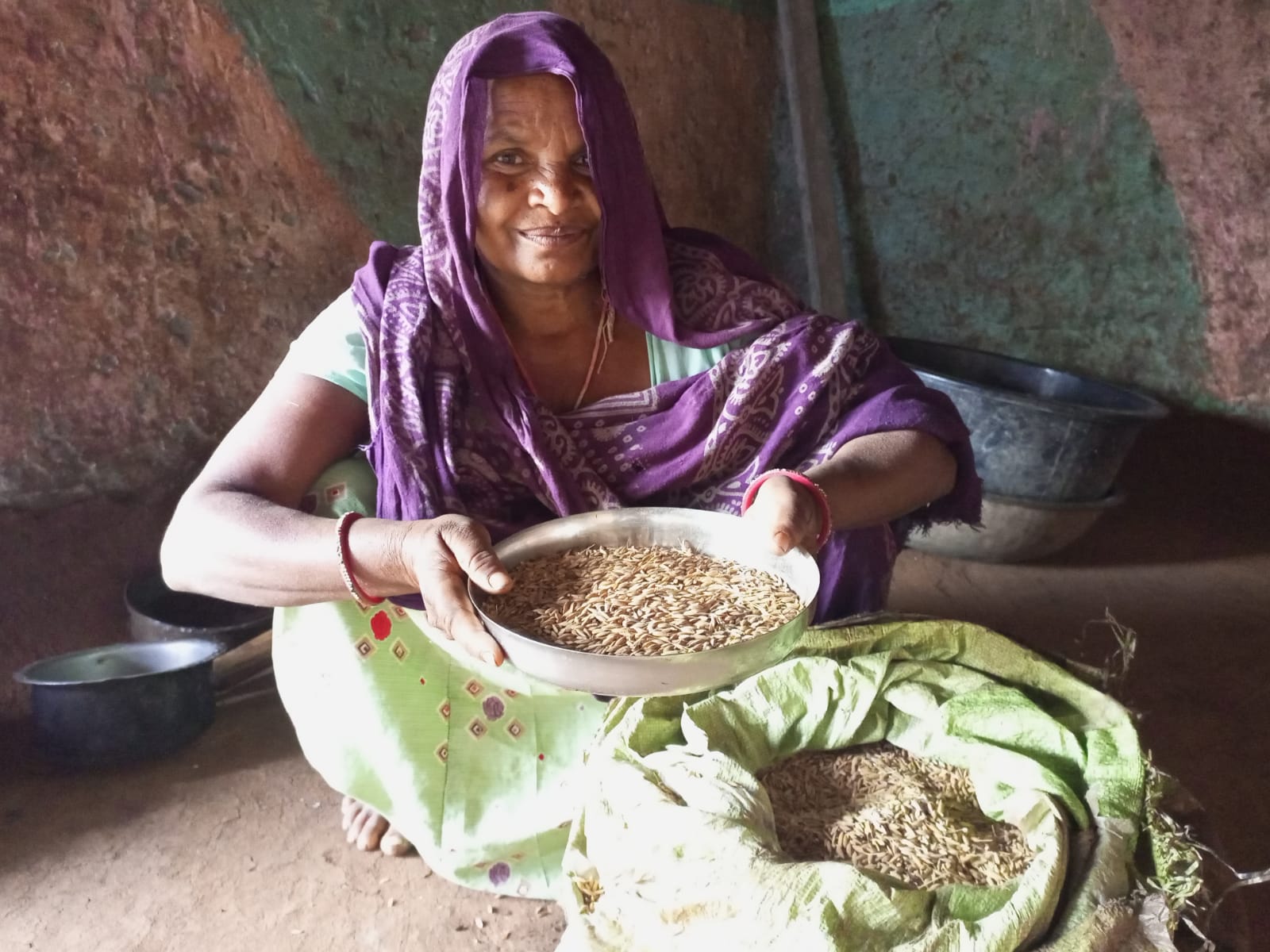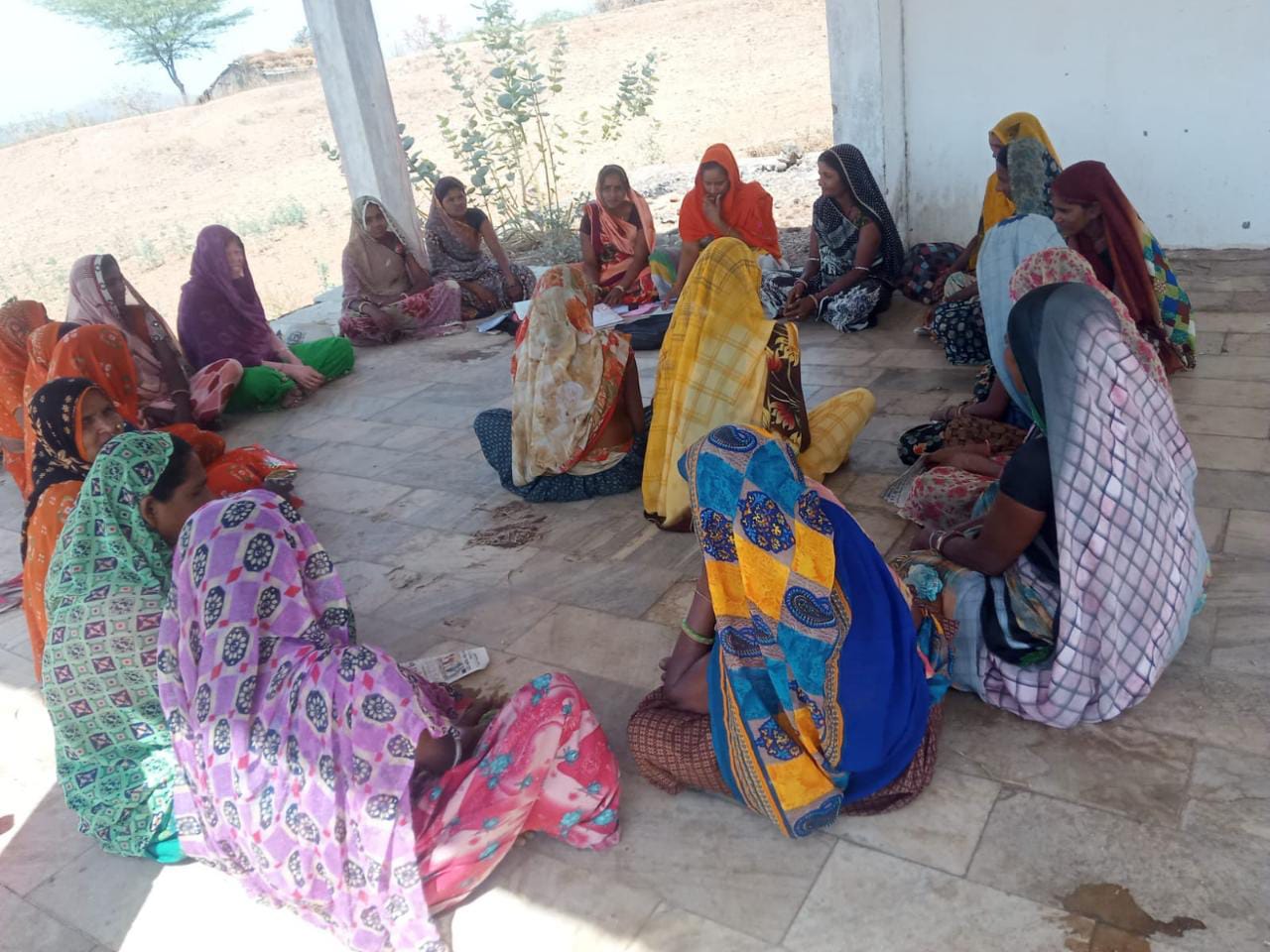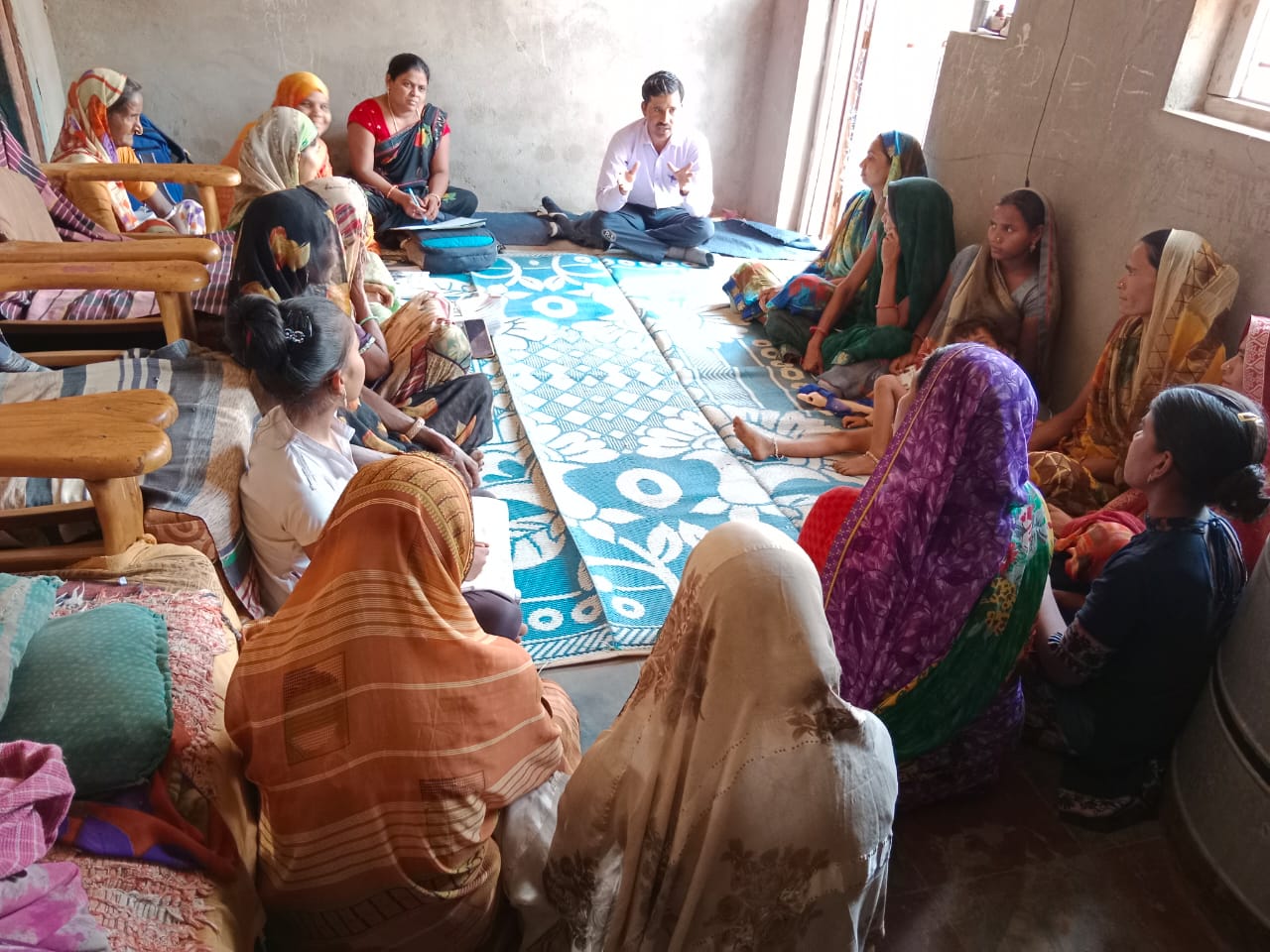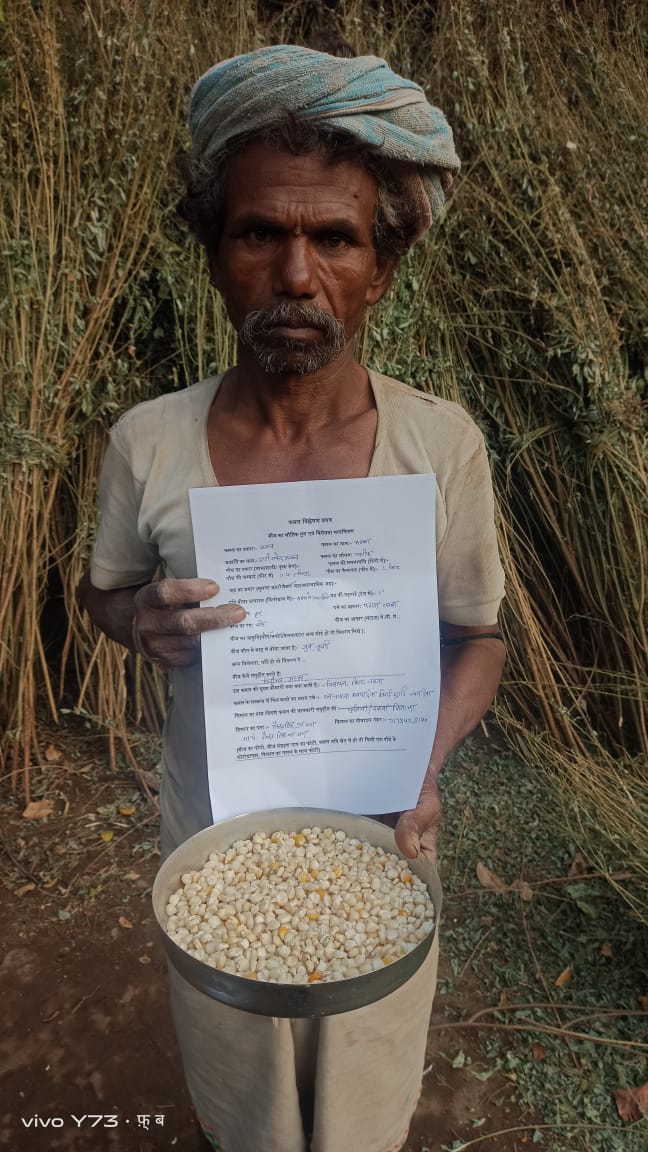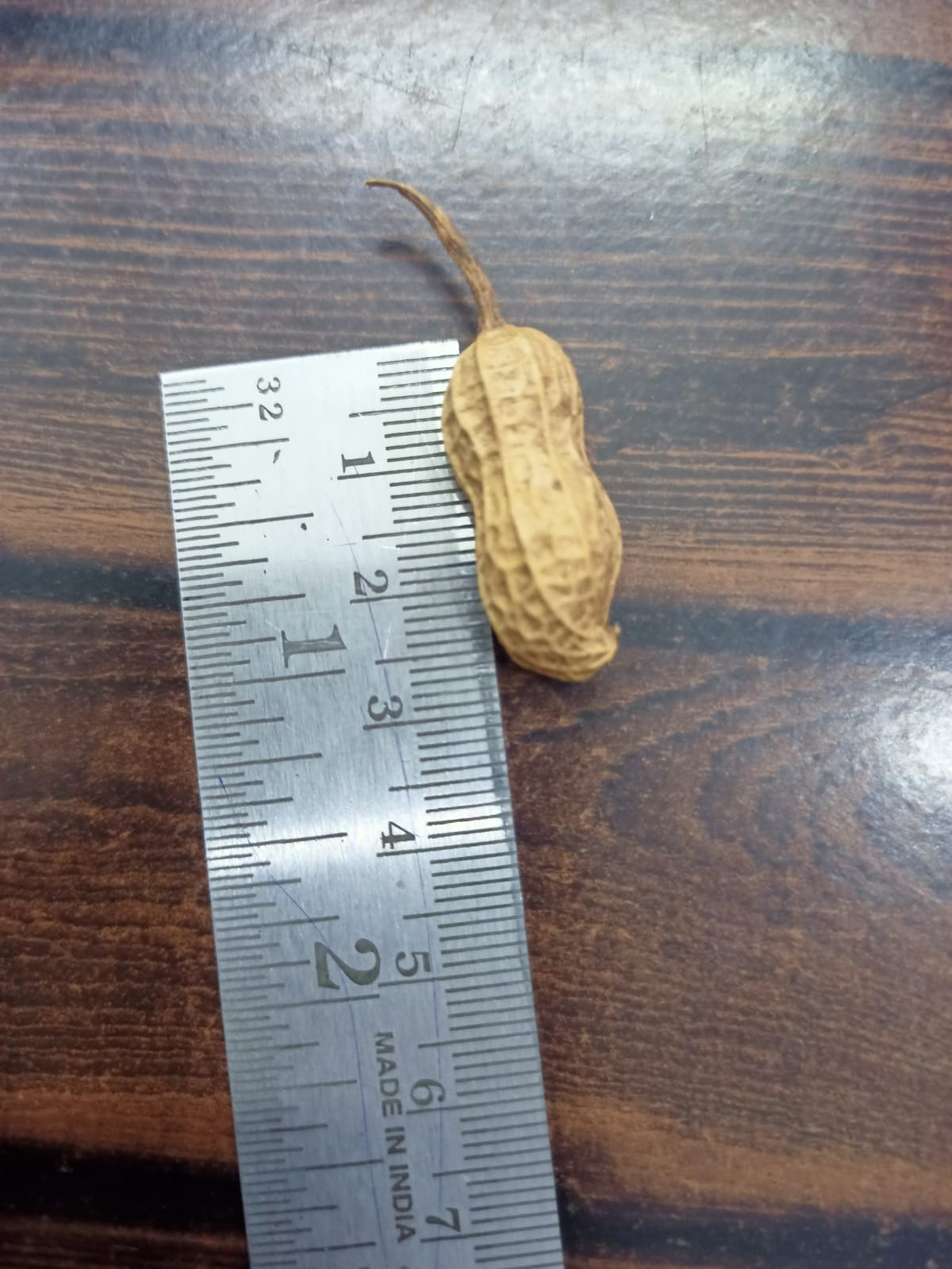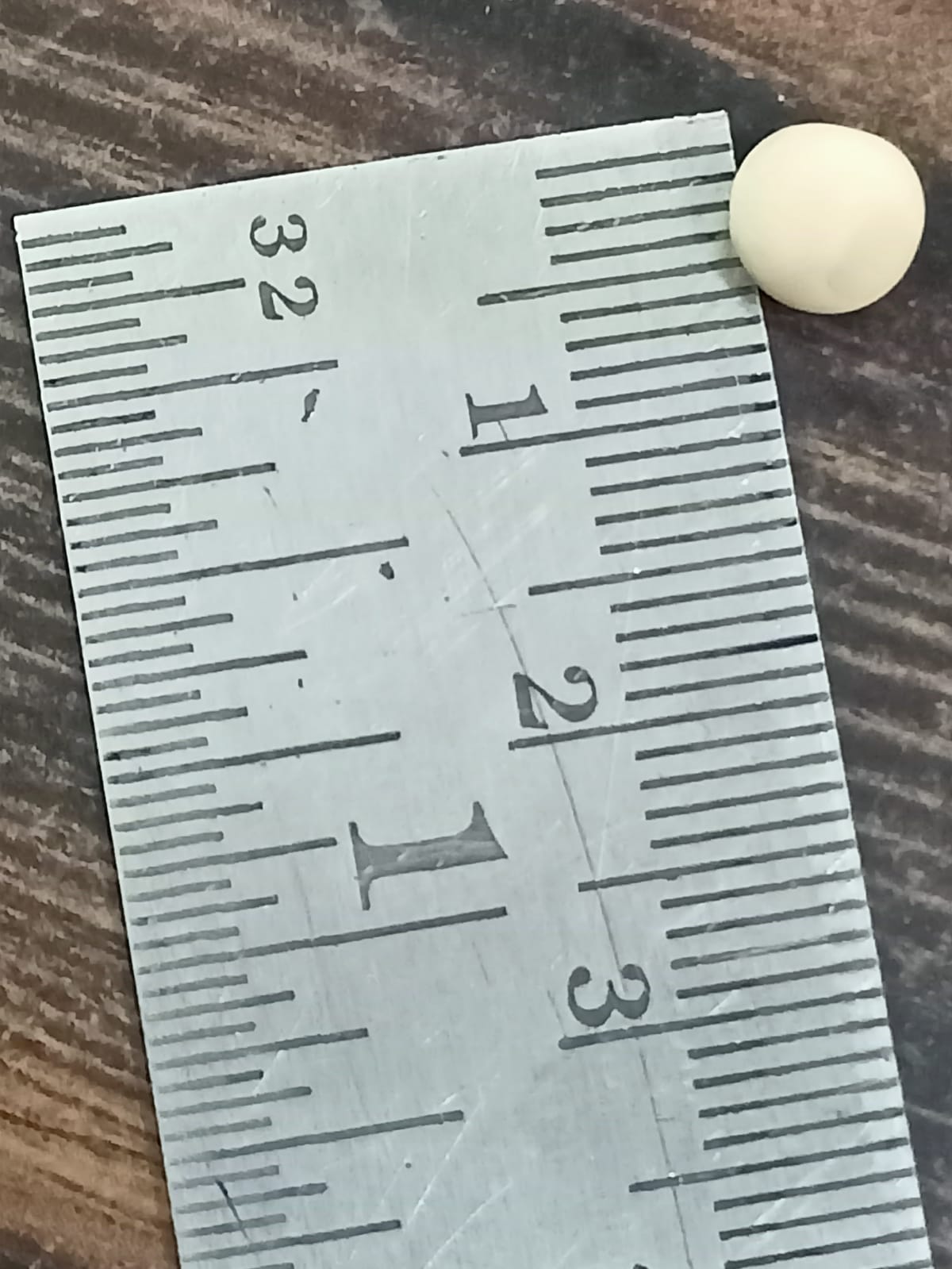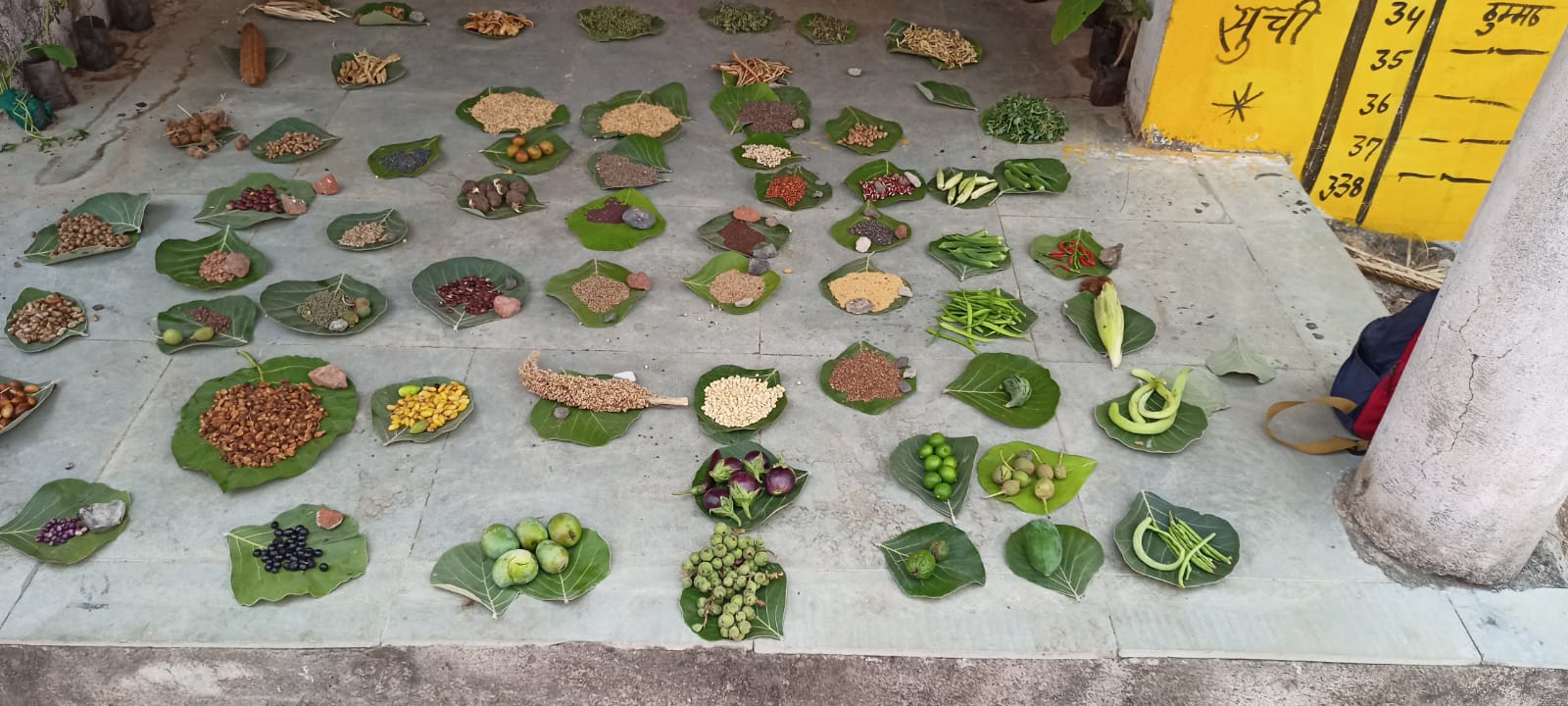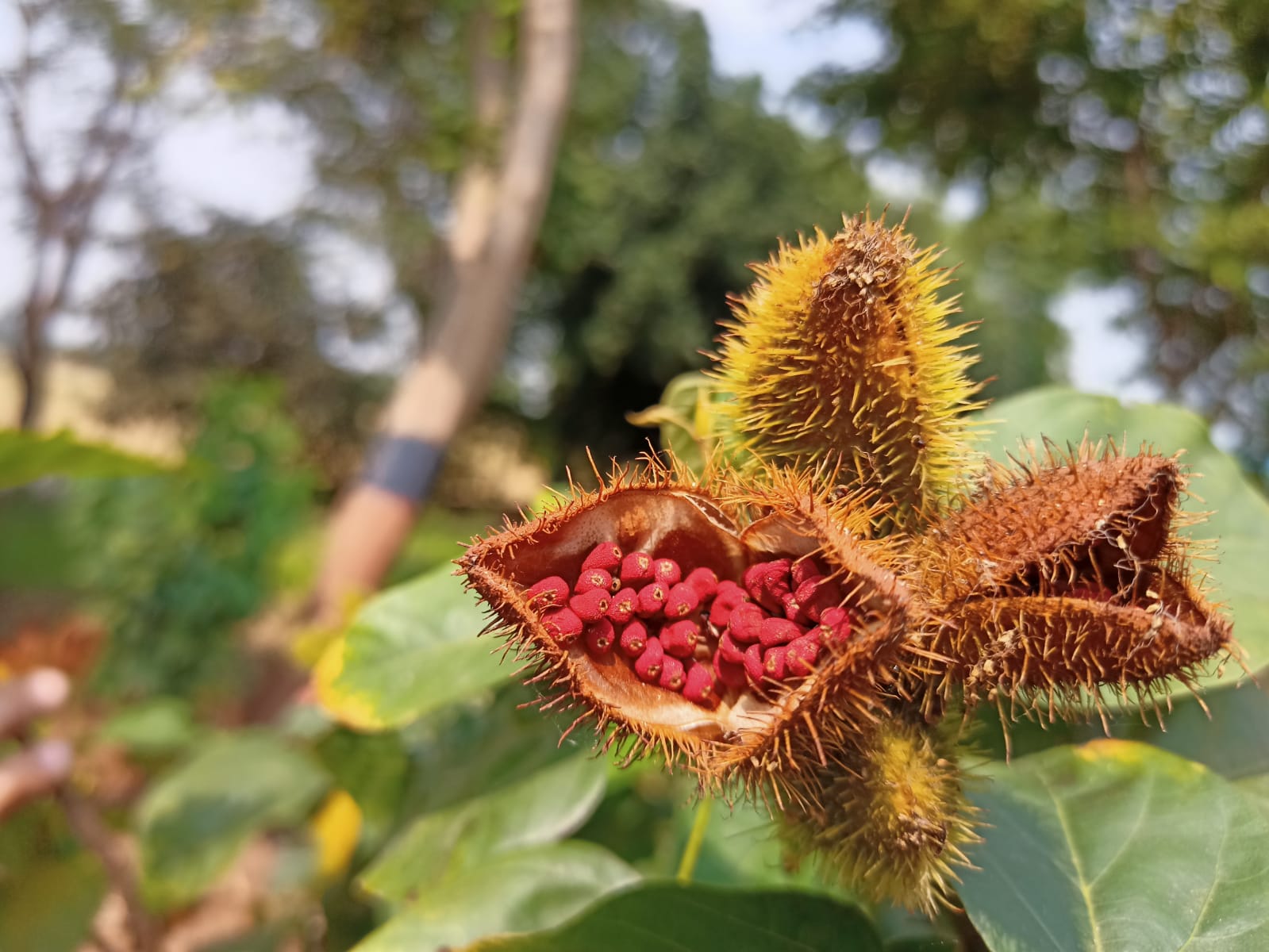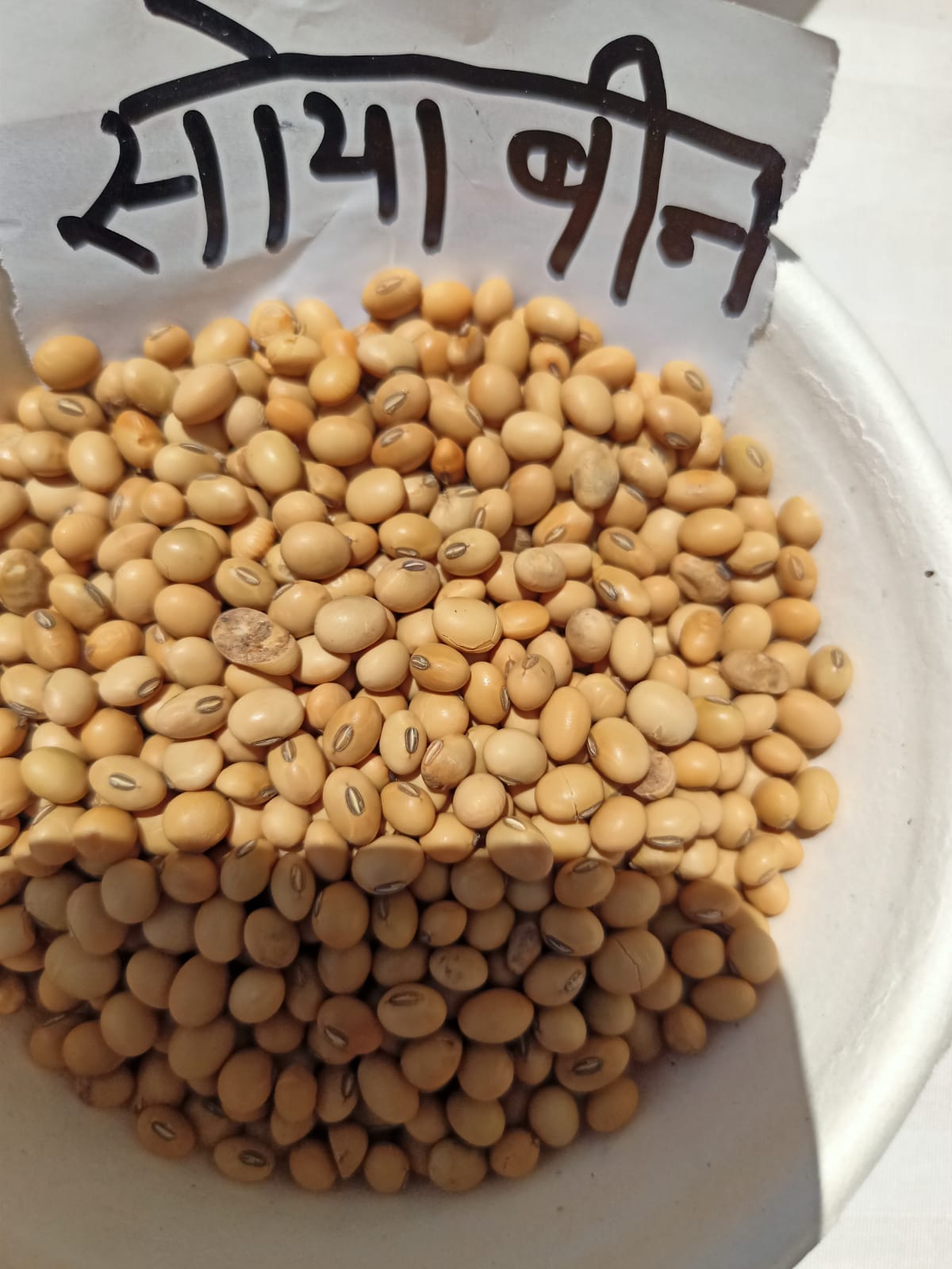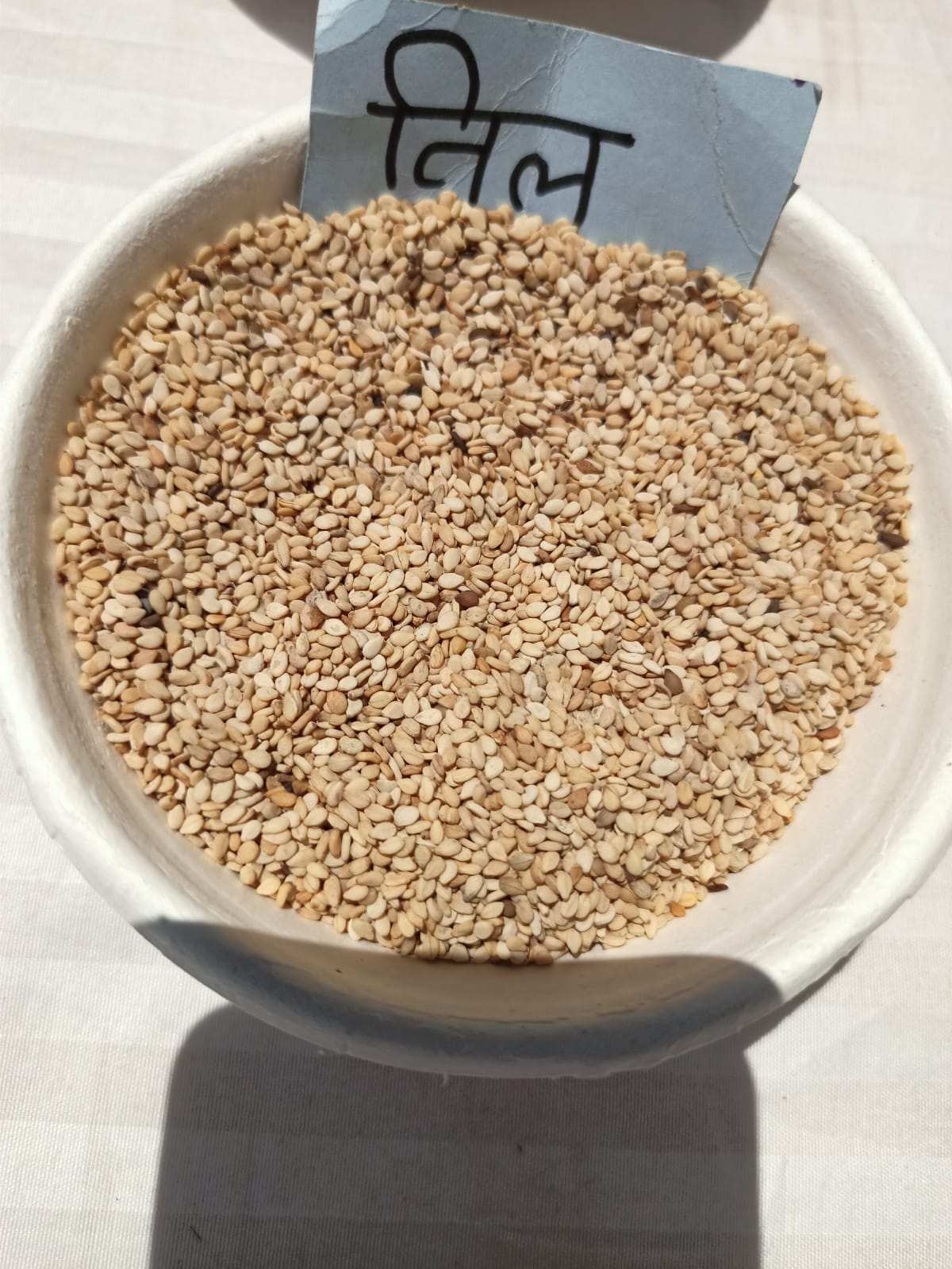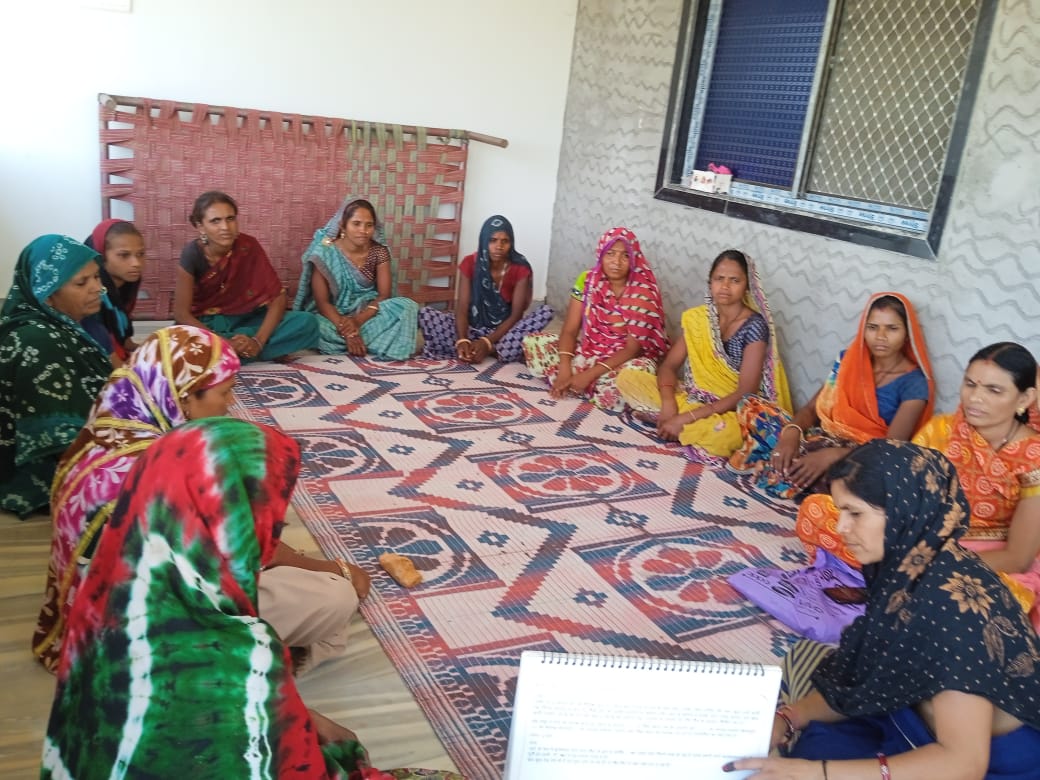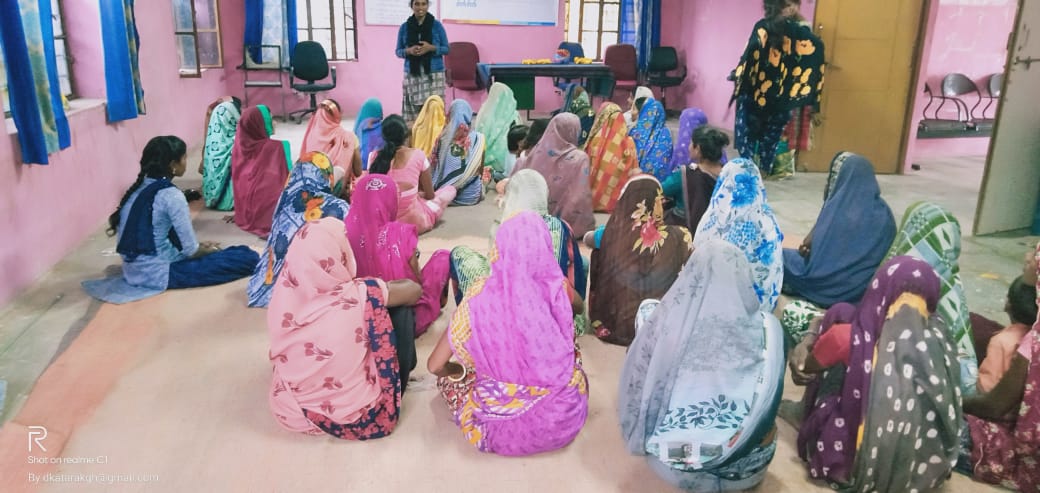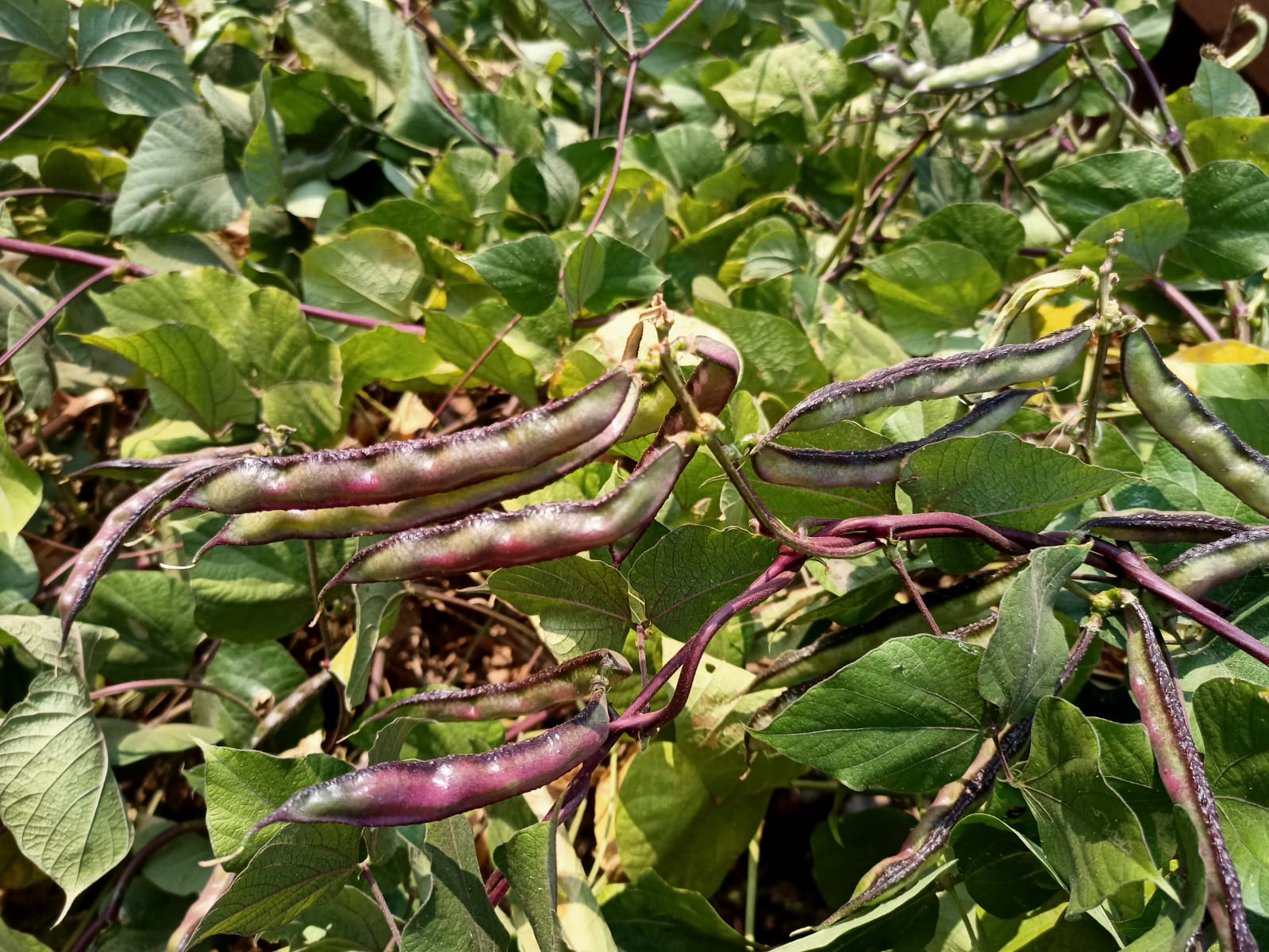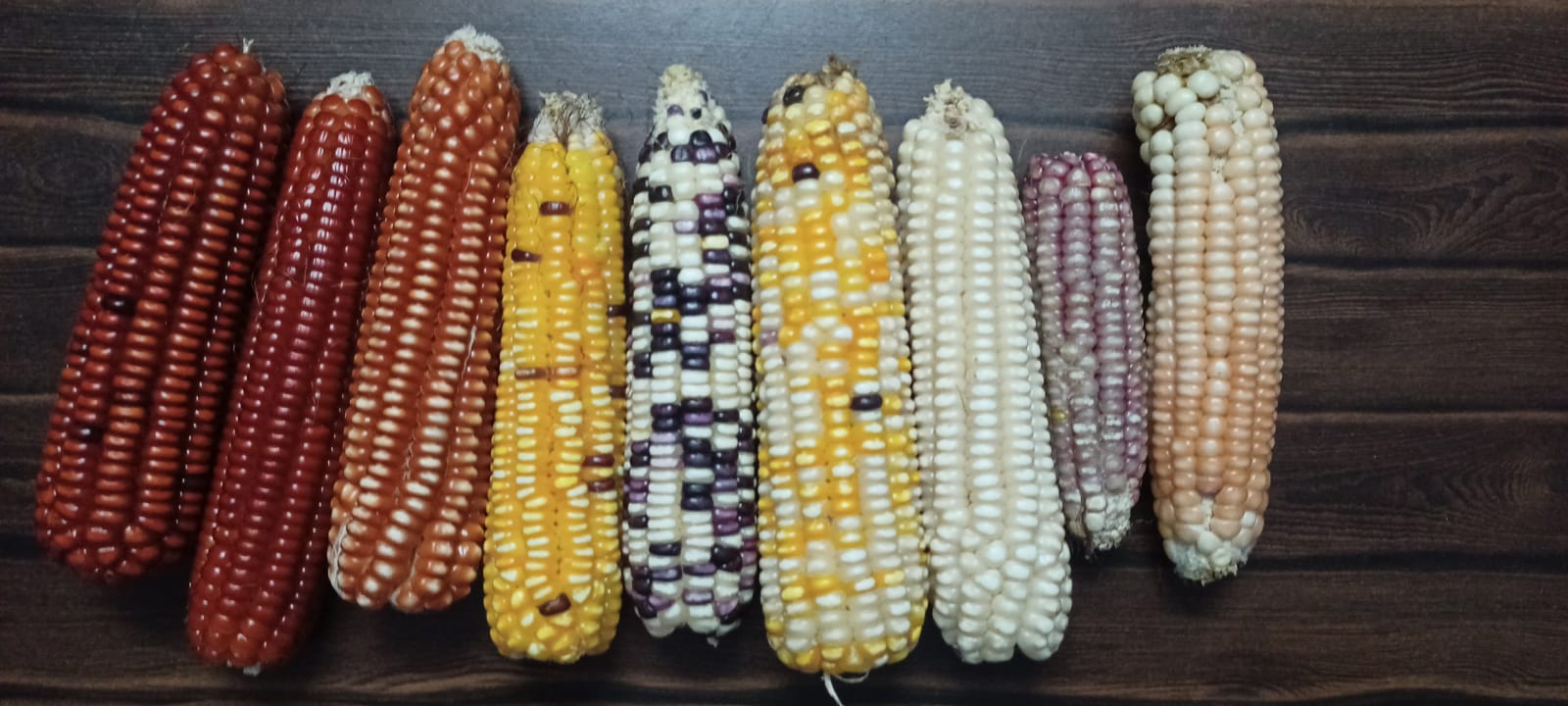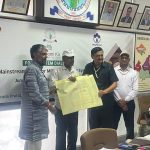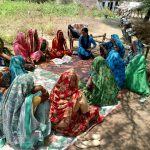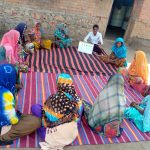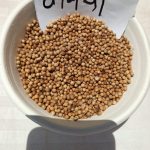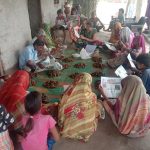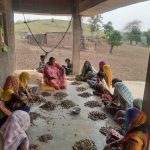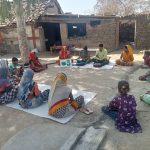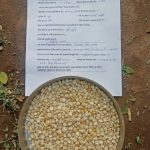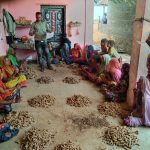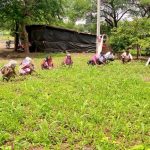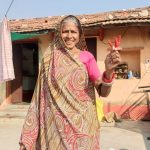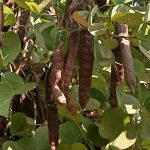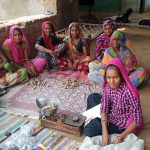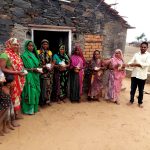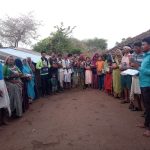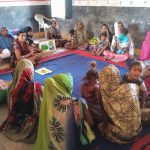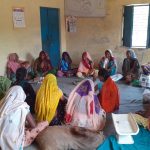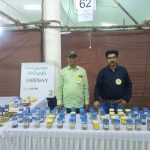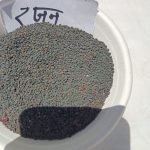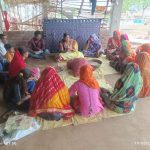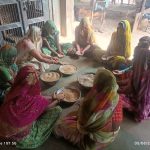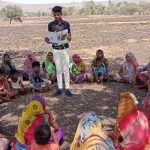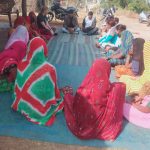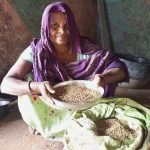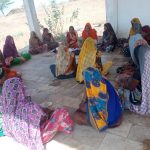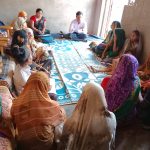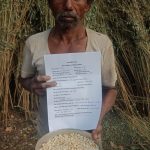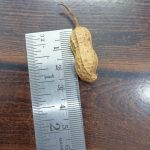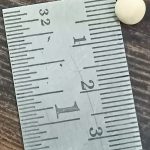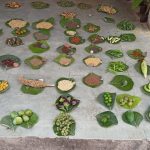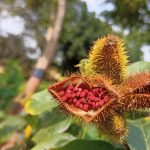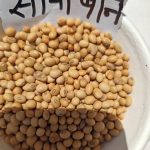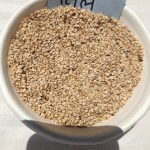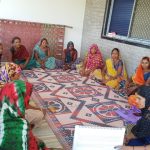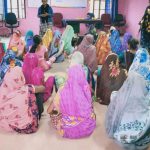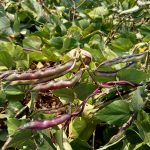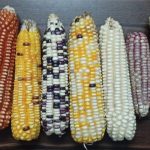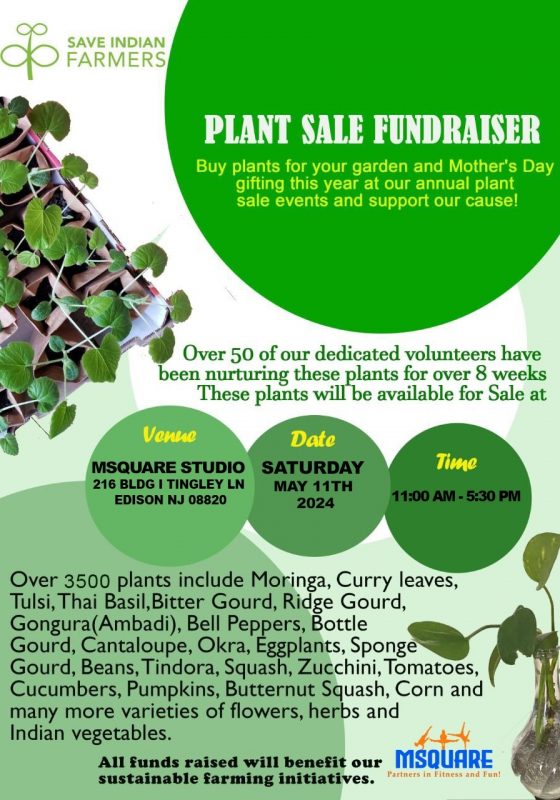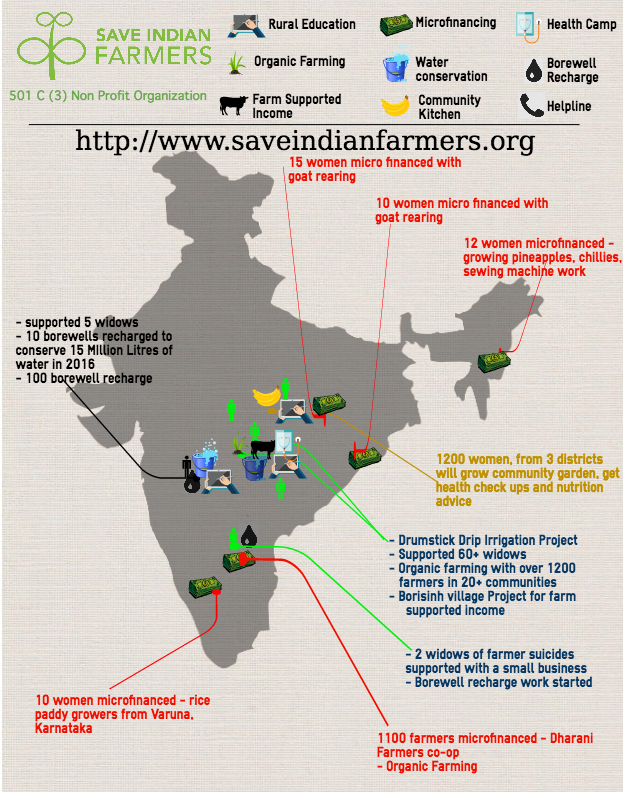Beej Swaraj (Second Year)
Region: Banswara, Rajasthan
SIF Partner: Vaagdhara
Vaagdhara Beej Swaraj Portal: https://beejswaraj.in/
Project details for the first year: Beej Swaraj (First Year)
The Community Seed Management Project has been successful in empowering farmers, preserving seed diversity, and promoting sustainable agricultural practices. The project contributes to building resilient and self-reliant communities.
Current Situation Of Farmers / Challenges:
- At present in farming, seeds are now controlled by few private companies that produce seeds which bring them higher profit.
- These seed producing companies produce seeds mainly for largely produced crops only, thus the community managed system has collapsed gradually.
- Farmers have become dependent on the market for their seeds.
- Seeds for various other traditional crops and vegetables are getting extinct, consequently many nutritive vegetables, fruits, and crops are forgotten and cultivation has reduced to 4-5 cereals, 2-3 pulses, 8-10 vegetables and 2-3 fruits.
All the above factors have made farming an un-economical venture for small and marginal families. This is also causing migration of farmers in search of work.
Key accomplishments and initiatives
The Community Seed Management Project has achieved several milestones and implemented various activities to promote seed sovereignty, biodiversity, conservation, and sustainable agriculture practices within local tribal farmer communities. Here are some of the key accomplishments and initiatives of the project so far:
1. Formation of Saksham Samooh: The project successfully formed the 40 Saksham Samooh, comprising 800 women farmers which serves as a platform for knowledge sharing, capacity building, and collective decision-making related to seed management.
2. Community Seed management system Establishment: The project established a community seed management system where every family has its own bank where they can deposit and exchange locally adapted seed varieties with neighboring families. These seed systems play a crucial role in preserving traditional seeds, ensuring their availability, and building resilience in the face of changing environmental conditions.
3. Seed Selection and Preservation: The project has conducted training programs and workshops to educate 800 women farmers about the importance of seed selection and preservation. Women Farmers have been trained in identifying high-quality seeds, saving seeds from the best-performing plants, and using appropriate techniques for seed drying, cleaning, and storage and now they are transferring knowledge to other members.
4. Seed Exchange Programs: The project has facilitated seed exchange programs within and between communities. Farmers are encouraged to share their locally adapted seed varieties, promoting diversity in agricultural practices and enhancing the resilience of
farming systems.
5. Beej Swaraj Portal: (https://beejswaraj.in/) Vaagdhara also developed the Beej Swaraj Portal, an online platform that serves as a comprehensive resource for farmers and community members. The portal provides information on indigenous seed varieties, their characteristics, cultivation methods, and availability. It also facilitates virtual seed exchanges, knowledge sharing, and access to educational materials.
6. Capacity Building: The project has conducted 4 capacity-building workshops, training sessions, and biodiversity campaigns to empower farmers and community members with the necessary knowledge and skills for effective seed management. These capacity building
initiatives cover topics such as seed selection, storage, organic farming techniques, and sustainable agriculture practices.
7. Women’s Empowerment: The project has specifically focused on empowering women by involving them actively in seed management activities. Women have been encouraged to take leadership roles in seed banks, participate in seed exchange programs, and share
their knowledge and experiences related to indigenous seeds.
8. Collaboration and Networking: The project has fostered collaboration and networking among farmers, experts, institutions and other stakeholders working in the field of seed conservation and sustainable agriculture. This collaboration has facilitated the exchange of ideas, best practices, and resources, contributing to the overall success of the project.
9. Policy Advocacy: The project has engaged in policy advocacy at the local and regional levels to promote the importance of seed sovereignty, biodiversity conservation, and sustainable agriculture. The project team has actively participated in policy discussions,
provided inputs based on their experiences, and advocated for supportive policies and Regulations.
10. Participation and facilitating the events: We organized awareness campaigns, workshops, and community events to raise awareness about the significance of seed diversity, traditional farming practices, and the importance of preserving indigenous seeds. These
platforms aim to engage the wider community, educate consumers, and promote sustainable food systems.
Activities done (Jan 2023 – March 2023)
- Monthly meeting with Saksham Group: 113 meetings
Focused on the main crops grown during the Rabi season. These sessions include field preparation, seed germination test, seed treatment. Weeding, hoeing and biological techniques like Dasparni extract, Neemastra, Brahmastra, fungicide etc. were demonstrated. - Integrated Farming System Training: During the reporting period, 1109 women have prepared and used Jeevamurt in their fields by adopting integrated farming methods. 75% of women in the competent group have sown rabi crop seeds like wheat, gram, peas and seeds of various vegetables after seed treatment. Saksham group members are sharing the learnings of these sessions with women in their own and neighboring villages, doing them practically and replicating successful models with them.
- District level capacity building program was organized for the facilitators of the CMSS. This training was done by agriculture experts Mr Deepak Sharma and Mr Pramod Rokadia and Mr P.L. Patel. More than 25 young trainees received training.
- In the reporting period, Community Seed Bank Sera Nangla has collected 2.6 quintals of seeds due to which the number of seeds collected has increased and reached 10.4 quintals.
Activities done (April 2023 – June 2023)
- Monthly meeting with Saksham Group: 117 meetings were organized in 40 Saksham Samooh with a total 748 women participants.
Meetings were focused on Seed selection criteria, harvesting methods (in April) threshing of seeds and storage management (in May), seed quality and testing through grading, and demonstration for indigenous organic pesticides. (in June)
Participatory learning allows women to actively engage in discussions, ask questions, and share their experiences. Practical demonstrations and hands-on activities were carried out to ensure that they had a clear understanding of the techniques being taught. - Training of Saksham Samooh on Community based quality seed management systems and Techniques. 23 Saksham Samooh where 317 members participated.
Training is focused on skills necessary to produce and manage high-quality indigenous seeds within their communities. The training program begins with an introduction to the significance of quality seed management where they learned about the impact of using substandard seeds and the benefits of utilizing locally adapted, high-quality seeds and then focused on seed selection, production, seed processing and storage.
Participants were also introduced to the concept of community seed banks and the importance of seed exchange within the community. They learn about the role of seed banks in preserving local seed diversity, ensuring seed availability, and building community resilience. Participants are encouraged to establish or contribute to community seed banks and actively participate in seed exchange programs. - Sharing knowledge with Other women Farmers:
The project has also identified seed mothers who become champions and they are transferring knowledge related to CMSS to other women through counseling. They have been learning during their capacity-building training and workshops. This quarter, our women farmers have reached more than 1687 women which also allows women to continue learning from each other and support one another in implementing the seed management system. - JSS quarter Meeting for Development of Seed Enterprises within the community:
JSS meeting was held on June 27th 2023. It is aimed to foster collaboration, share knowledge, and explore opportunities for establishing and strengthening seed-related enterprises, through group discussions and brainstorming sessions.
Participants identified the specific opportunities and challenges related to seed enterprises in the community.
They explored market demand for different seed varieties, potential collaborations with local farmers or organizations, availability of resources, and regulatory requirements. These discussions helped shape the future direction of seed enterprises. - Community Seed Bank Sheranagla Update:
The main aim of the community seed bank- Seranagla is to increase local seed security and contribute to the possibilities of the continued utilization of locally important indigenous seed varieties.
This quarter, the local farmers exchanged about 10.4 quintal seeds for rabi crop production. - Beej Portal :
Vaagdhara has registered the Beej Portal site which allows farmers with the support of facilitators to submit seed varieties through online/ physical documents.
The seed portal administrators perform an initial verification of the submitted information. The first type of verification is typically carried out by seed experts or technicians. They assess the submitted seed samples or detailed descriptions provided by the producers. This verification focuses on aspects such as seed purity, physical characteristics, and compliance with regulatory standards. Based on the results of the verifications, agricultural scientist Mr Pramod Rokadiya reviews the findings and makes the final approval decisions. They consider the verification reports, field trial results, and any other relevant factors. If the seed varieties meet the required quality and performance standards, they are approved for listing on the seed portal.
This quarter, a total of 265 got entries in the portal, where 58 have completed the verification process and 48 seeds get approval from the agricultural scientist.

